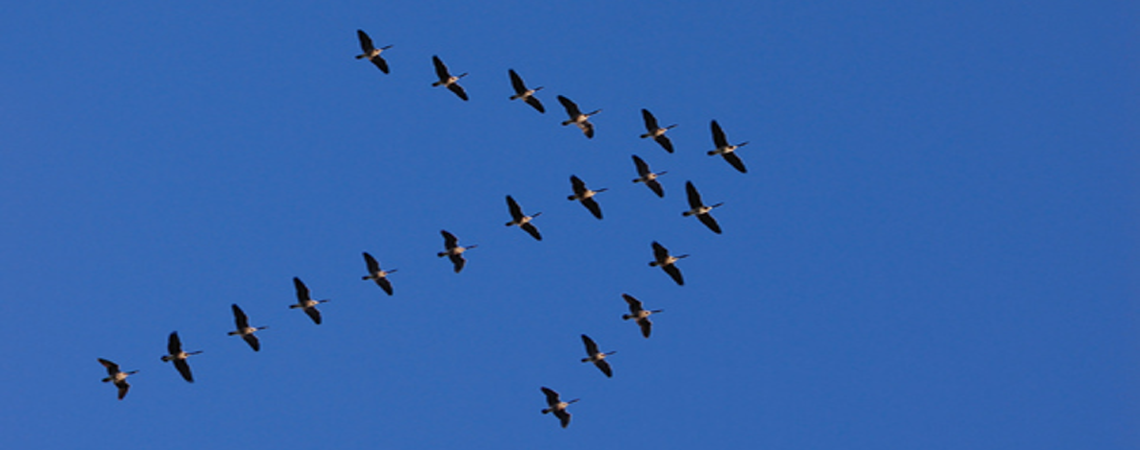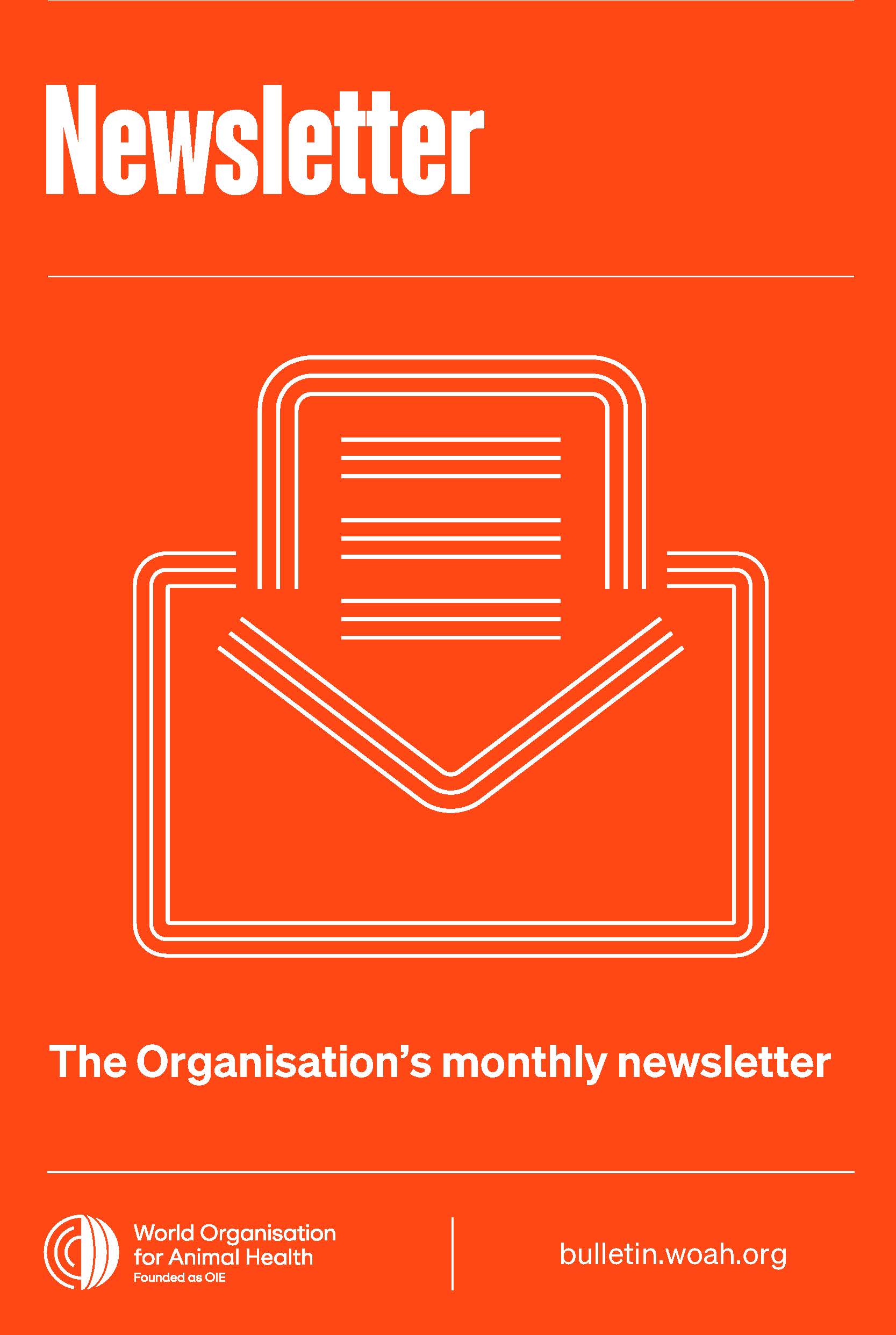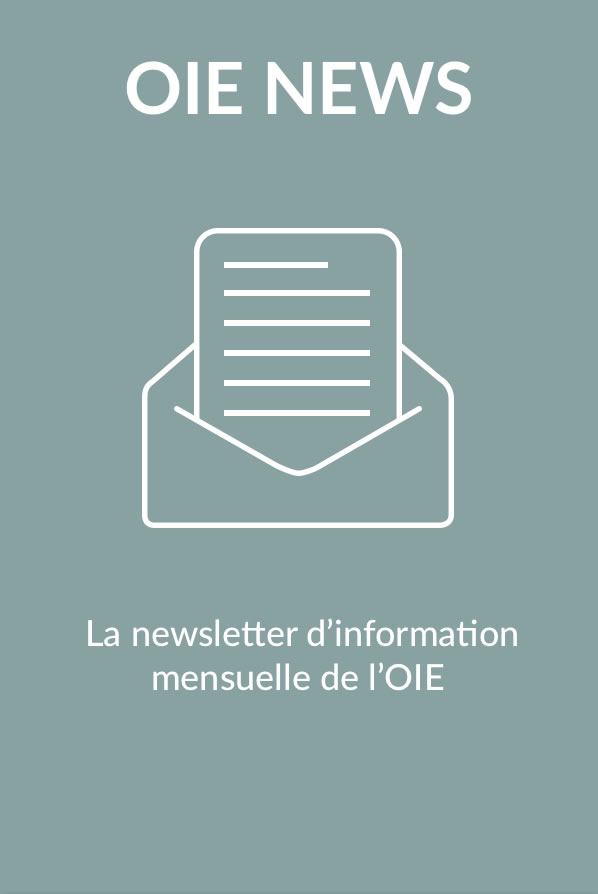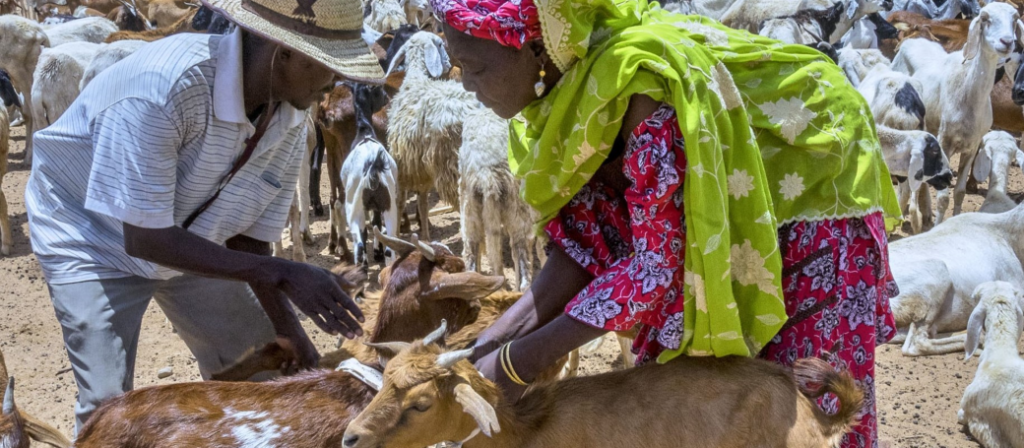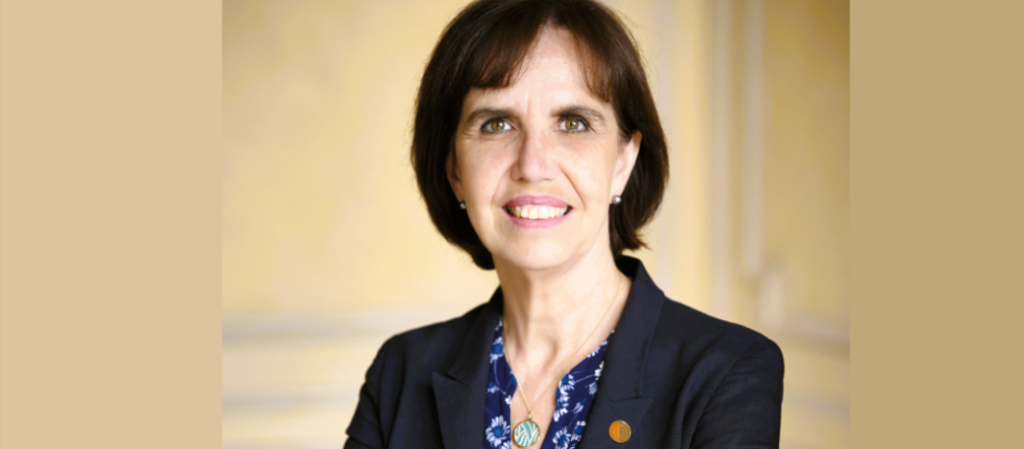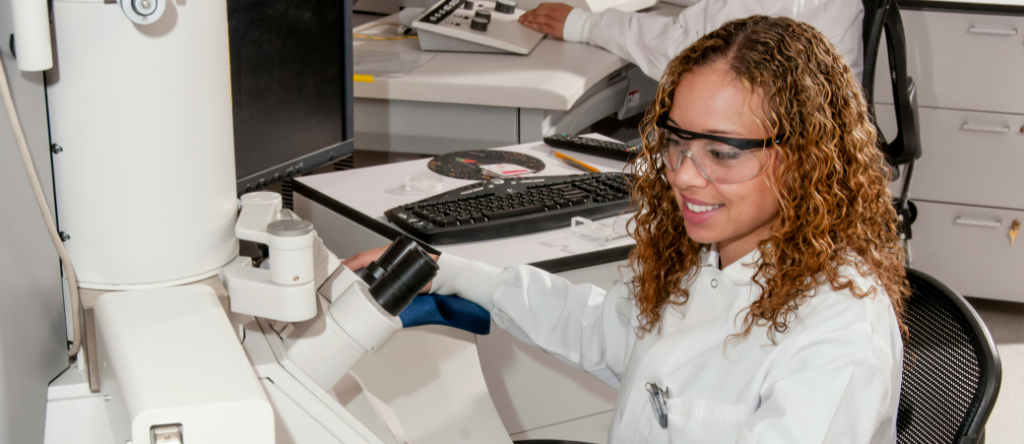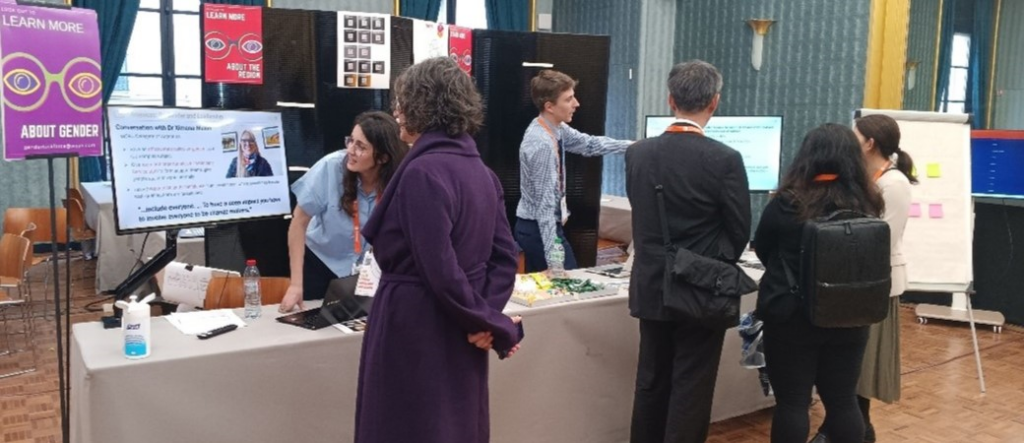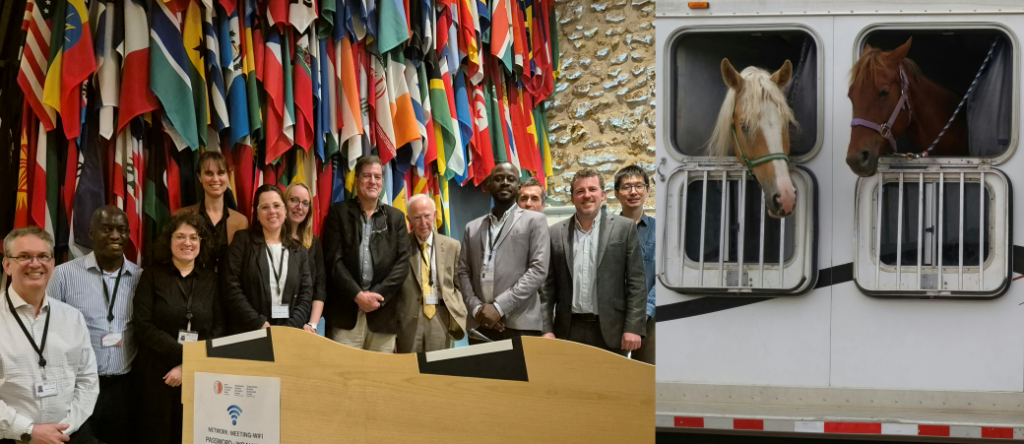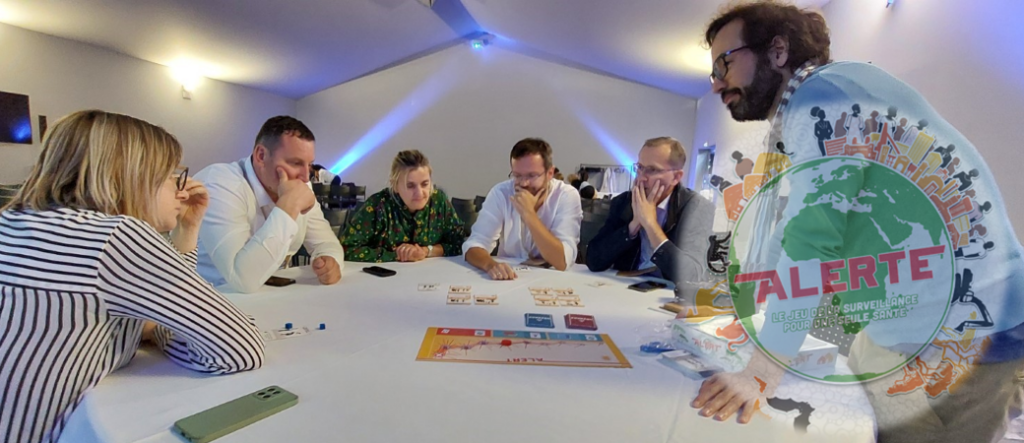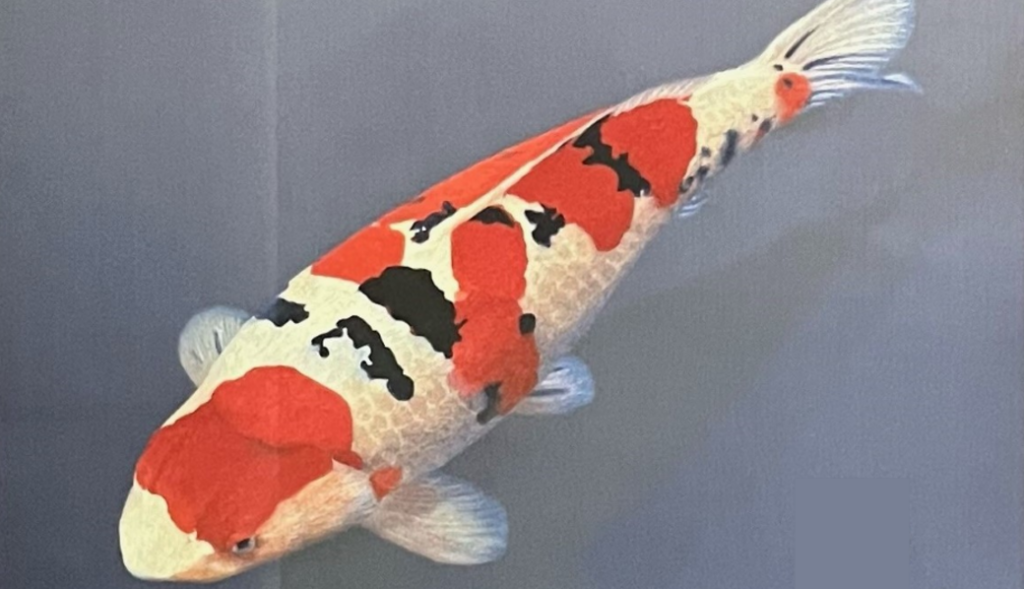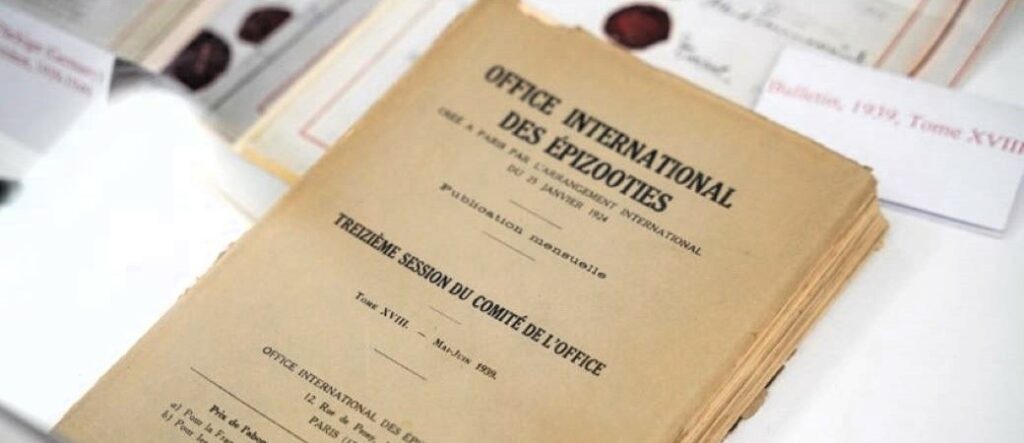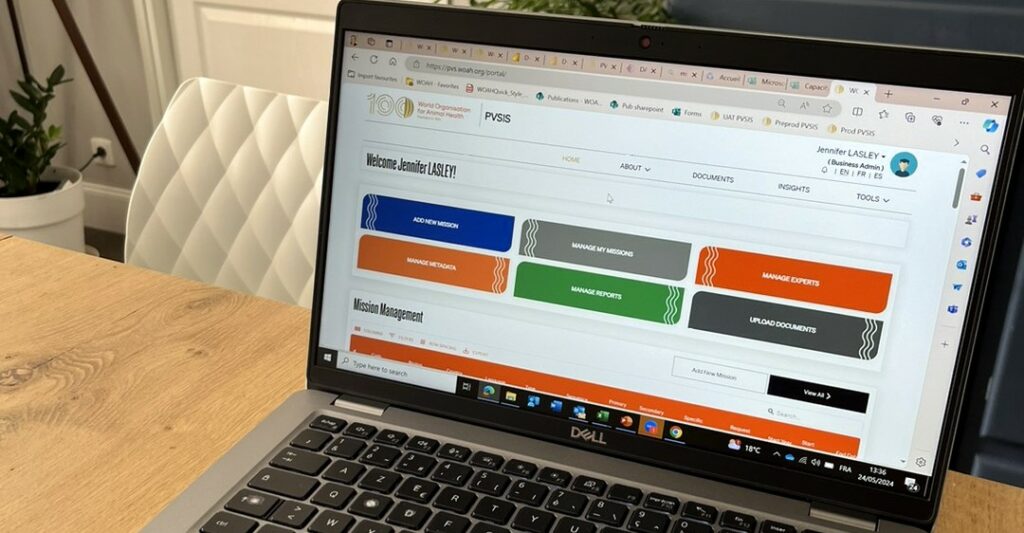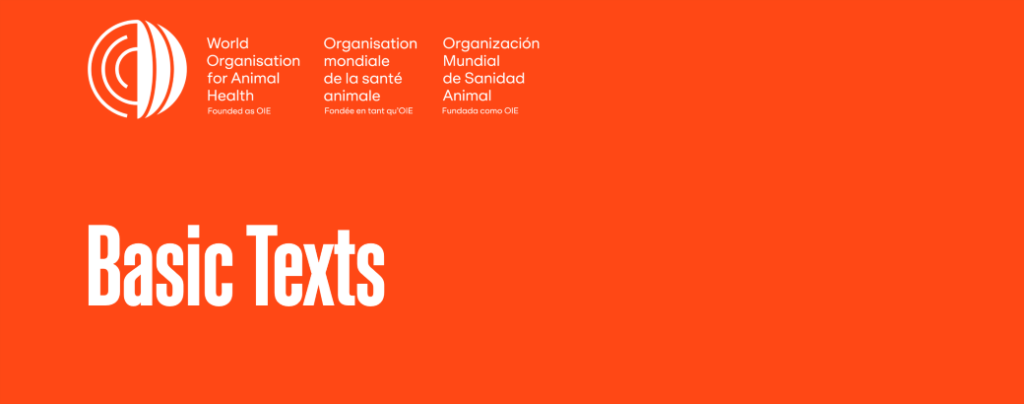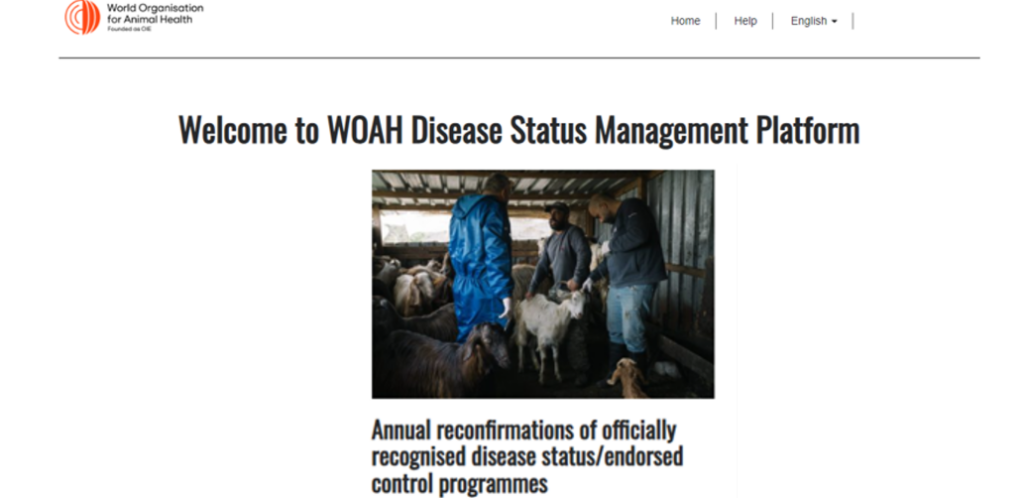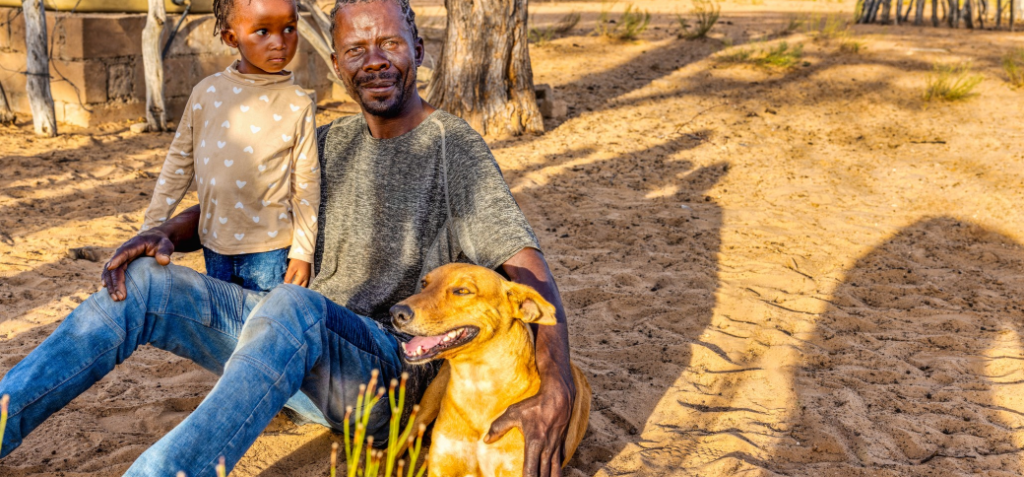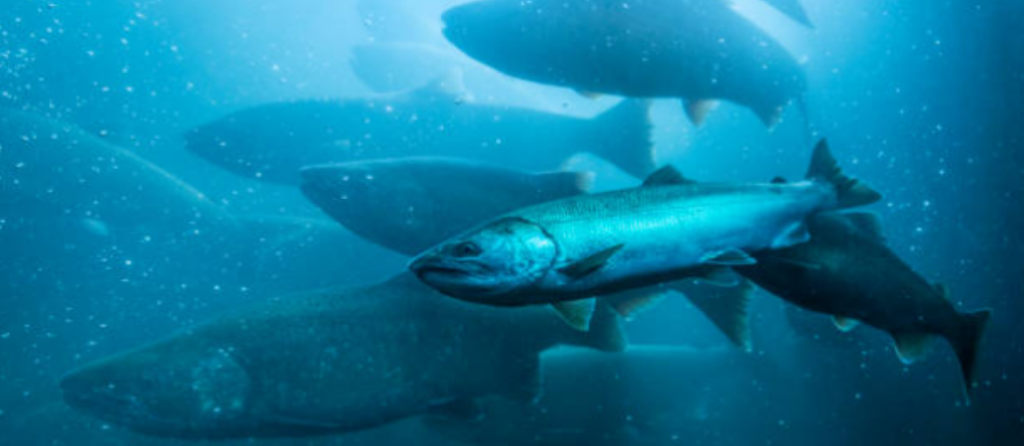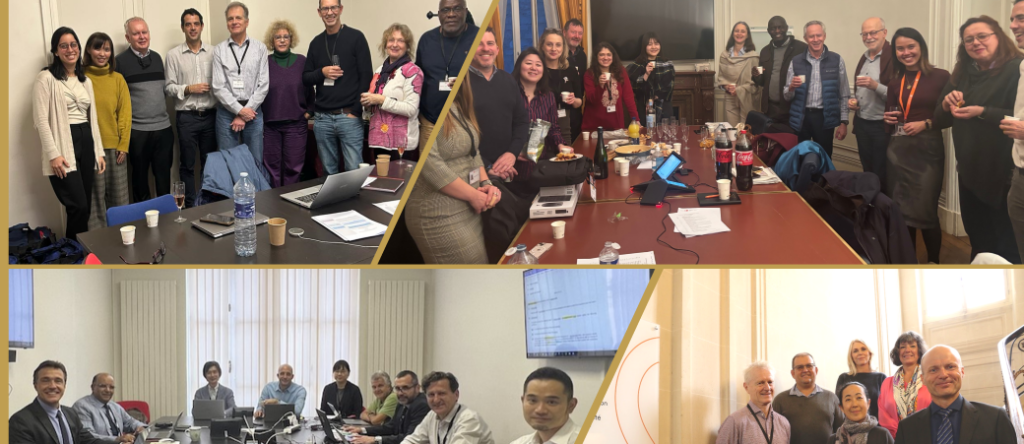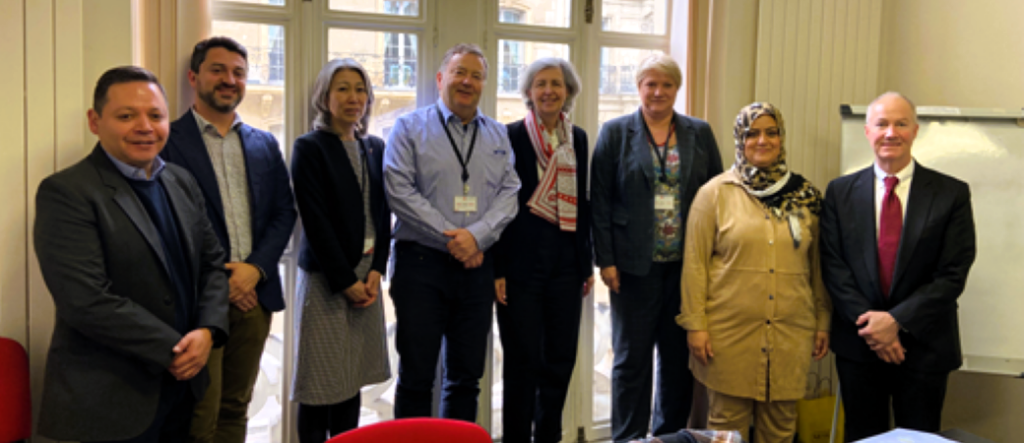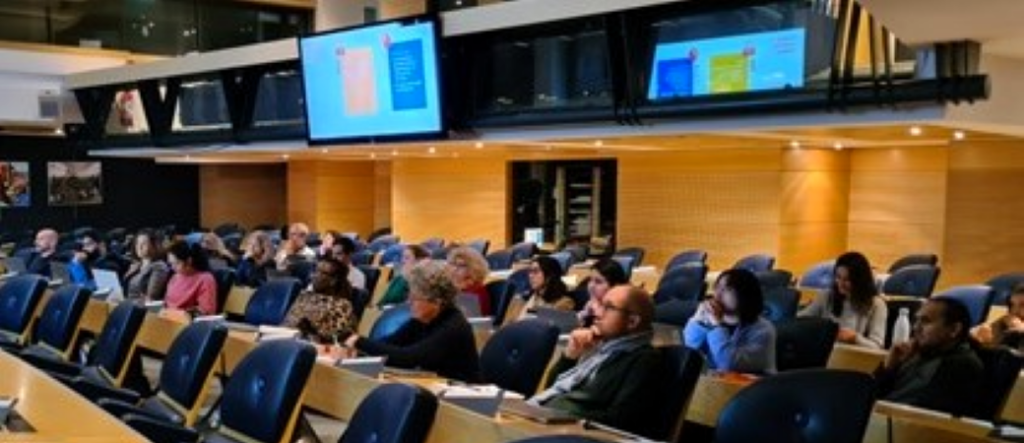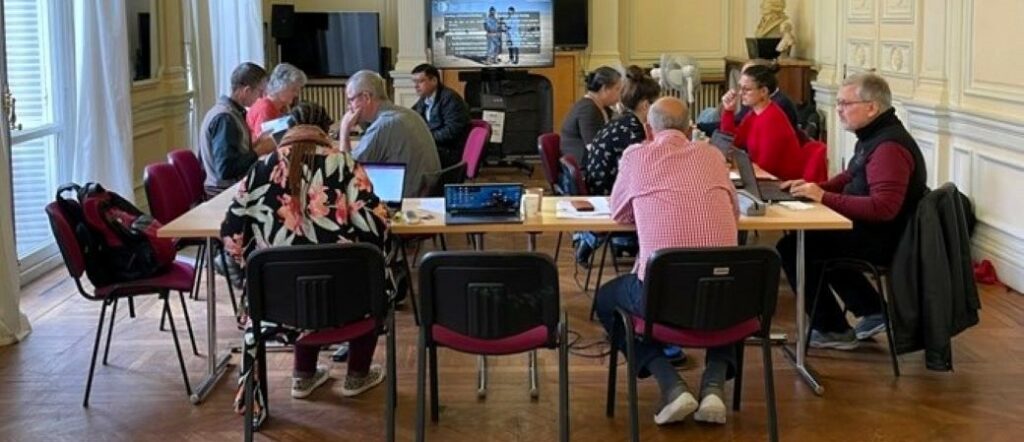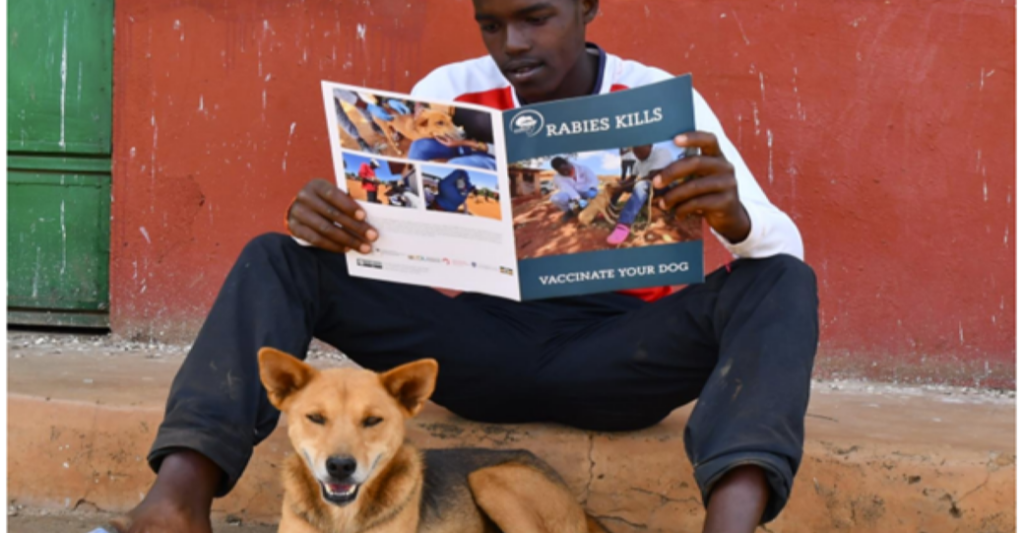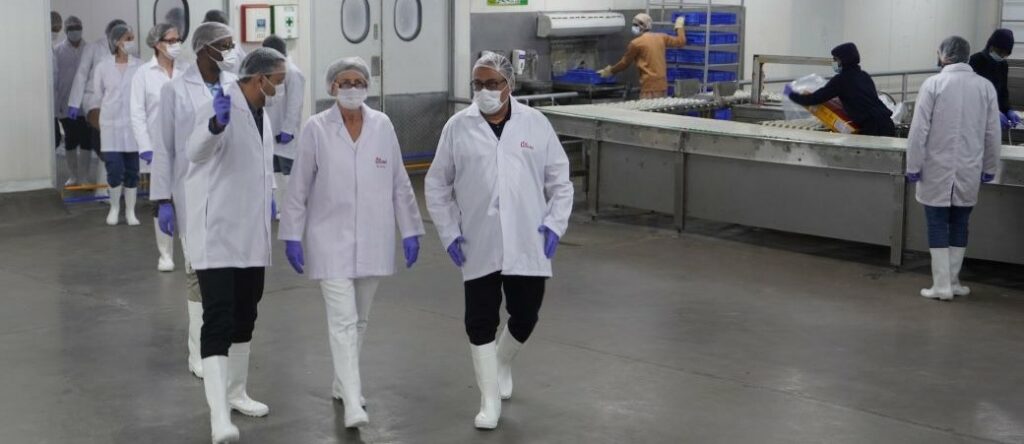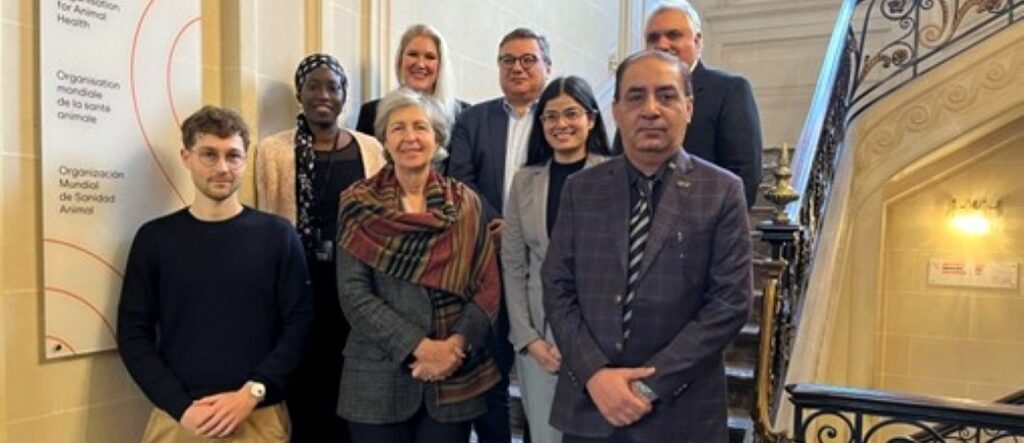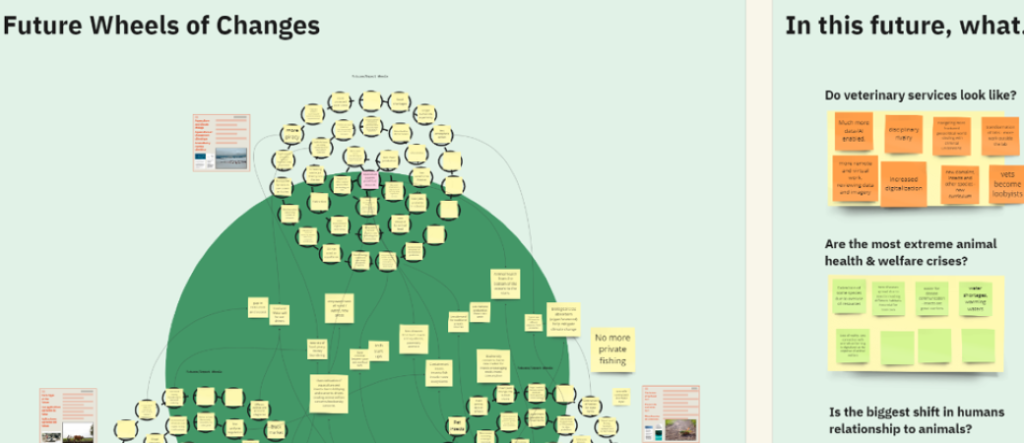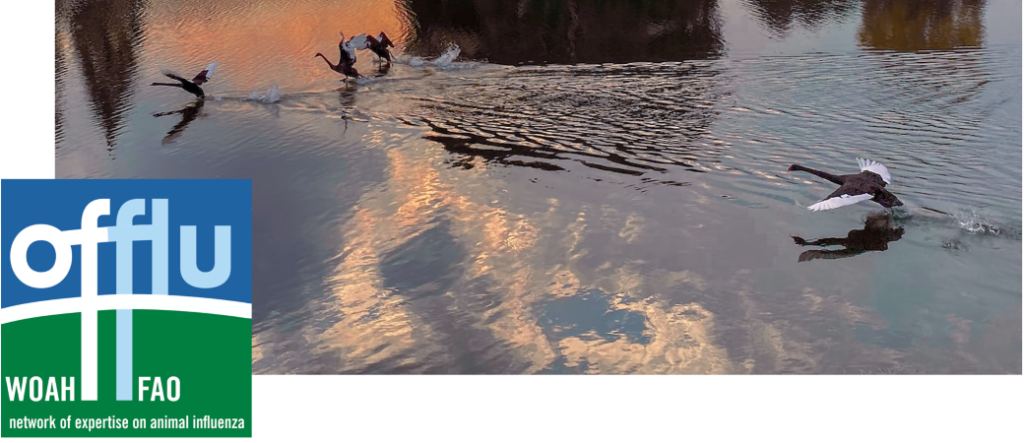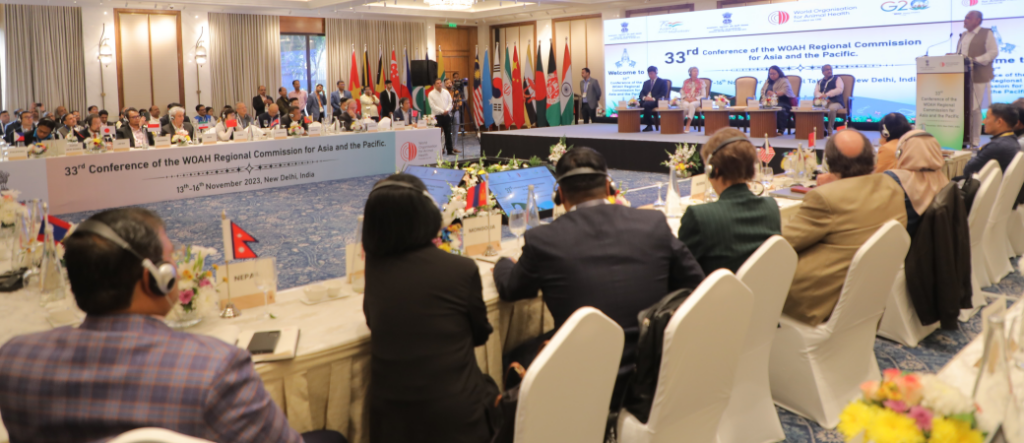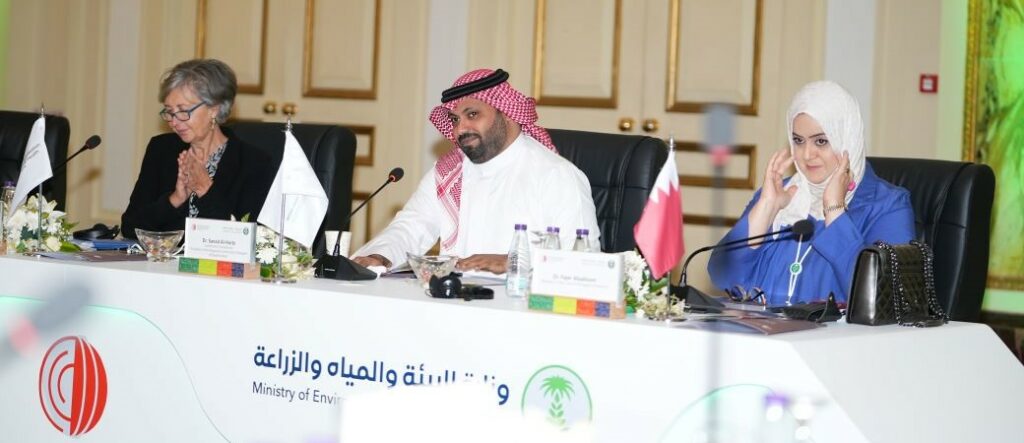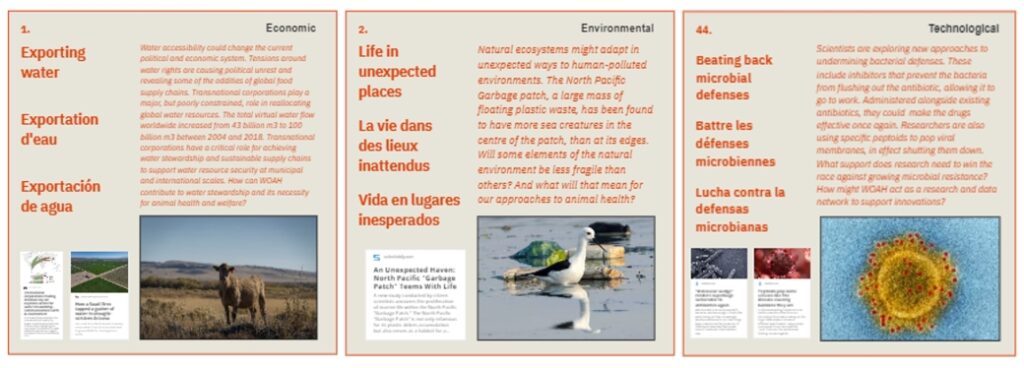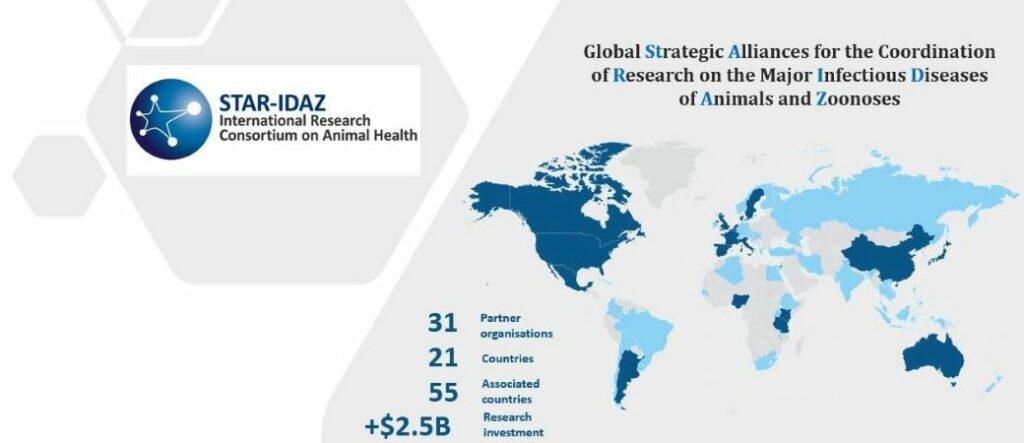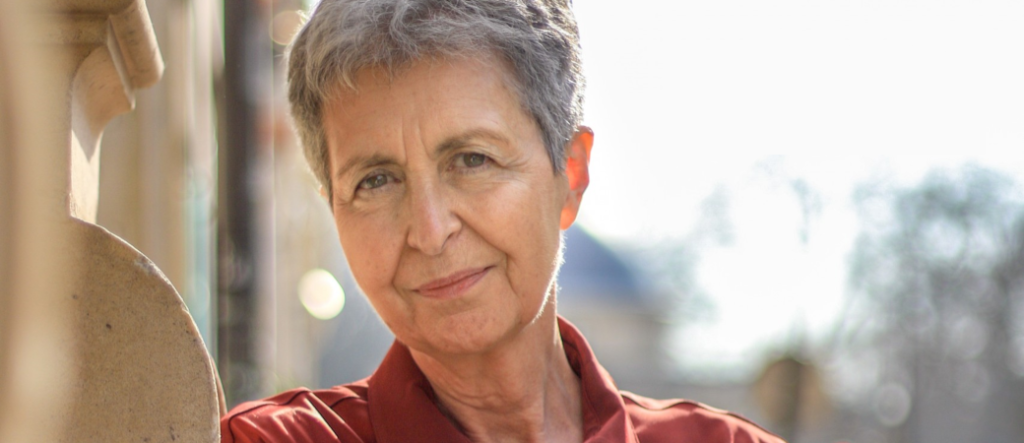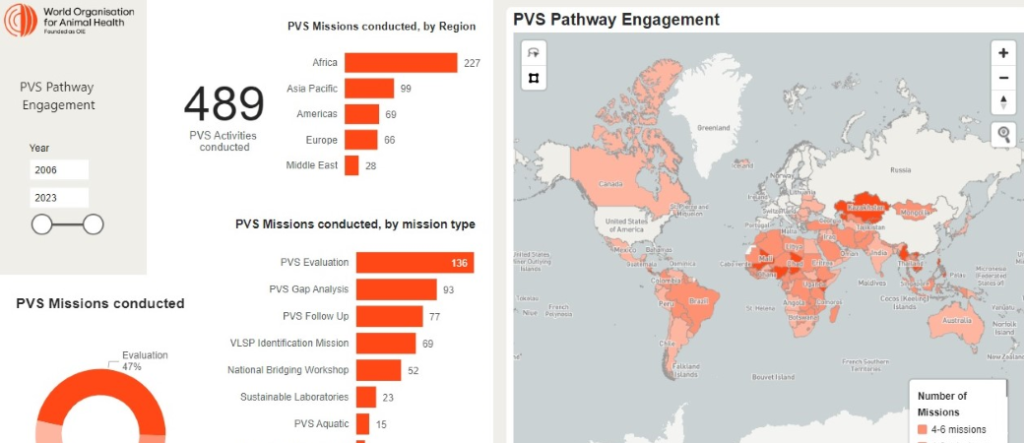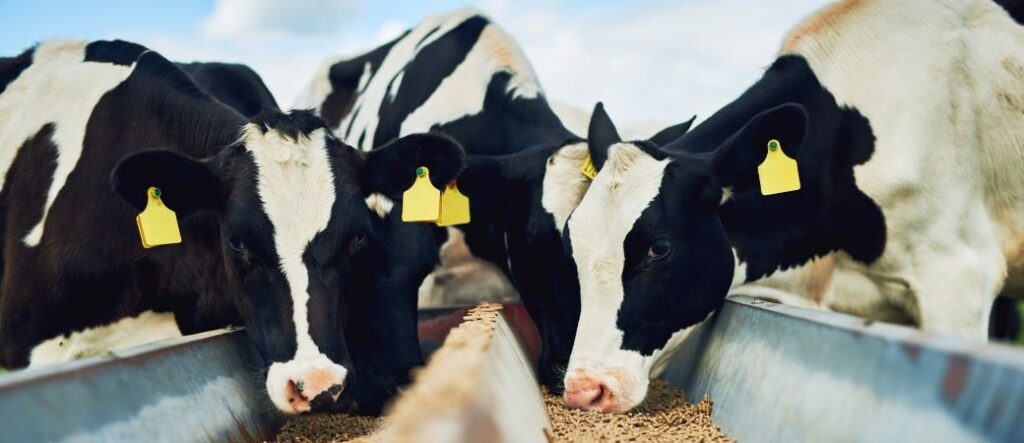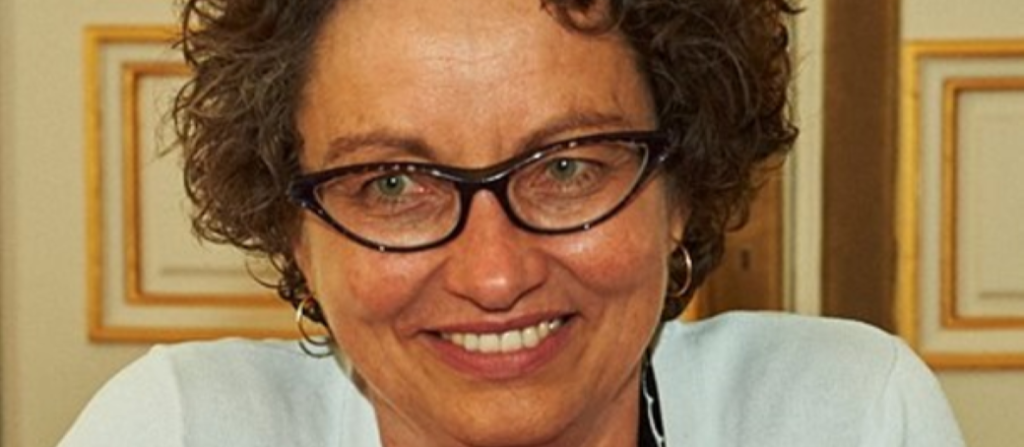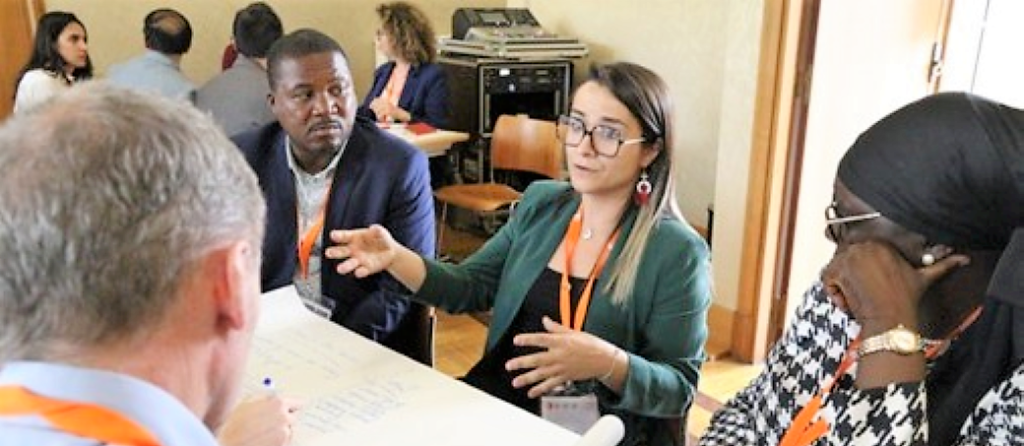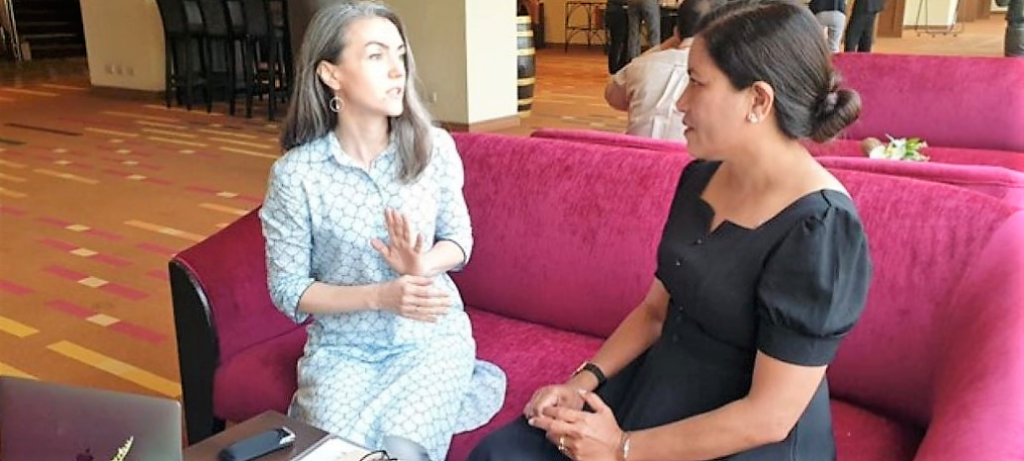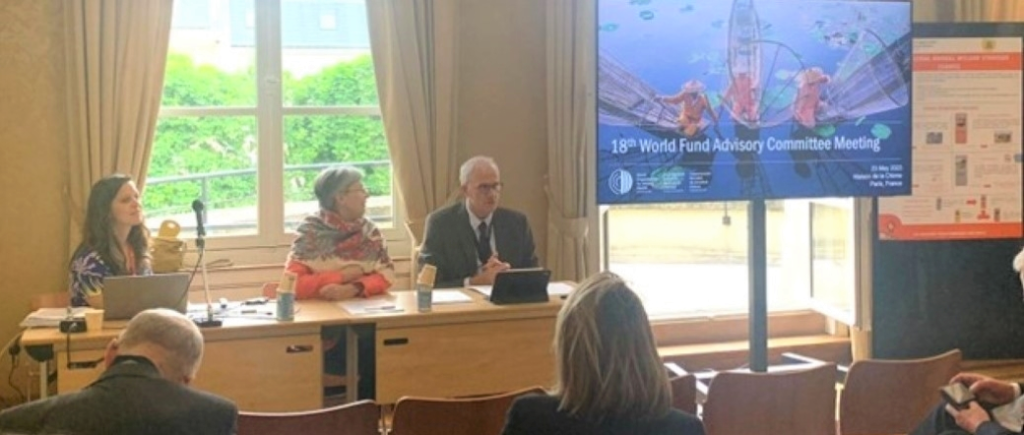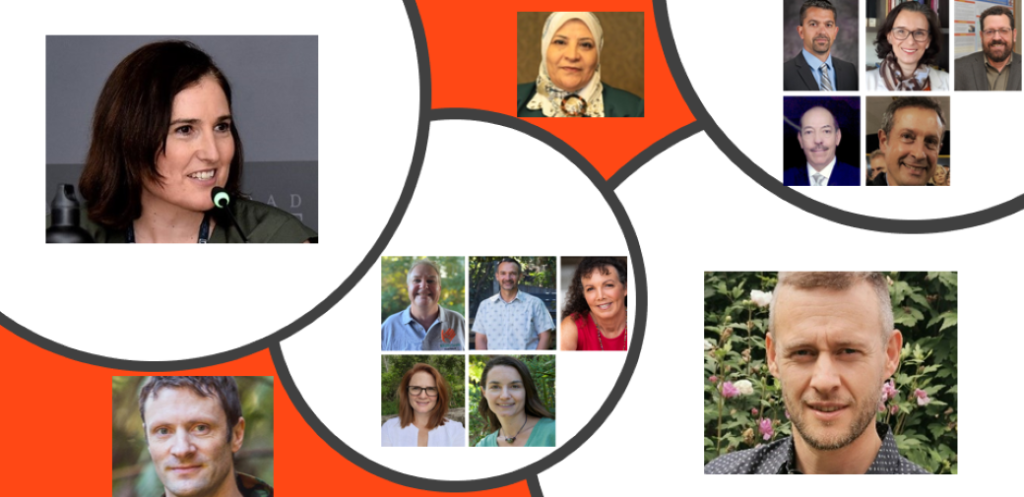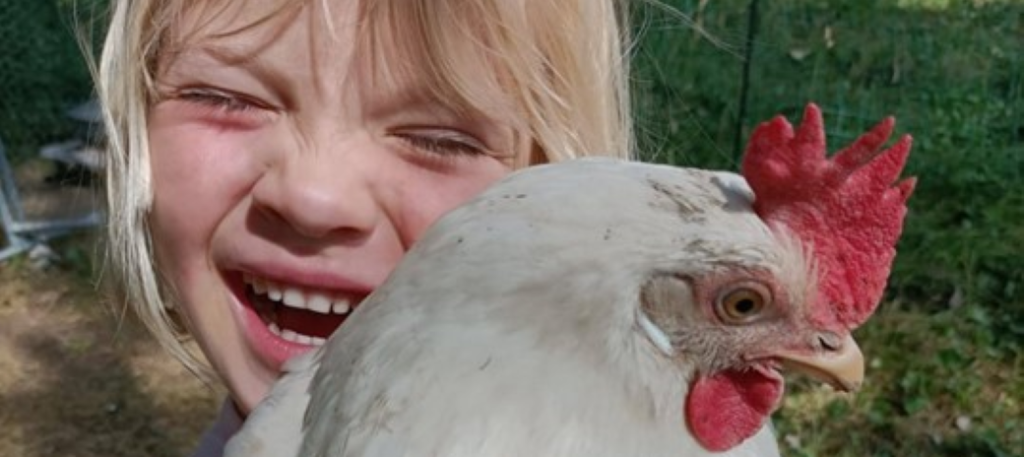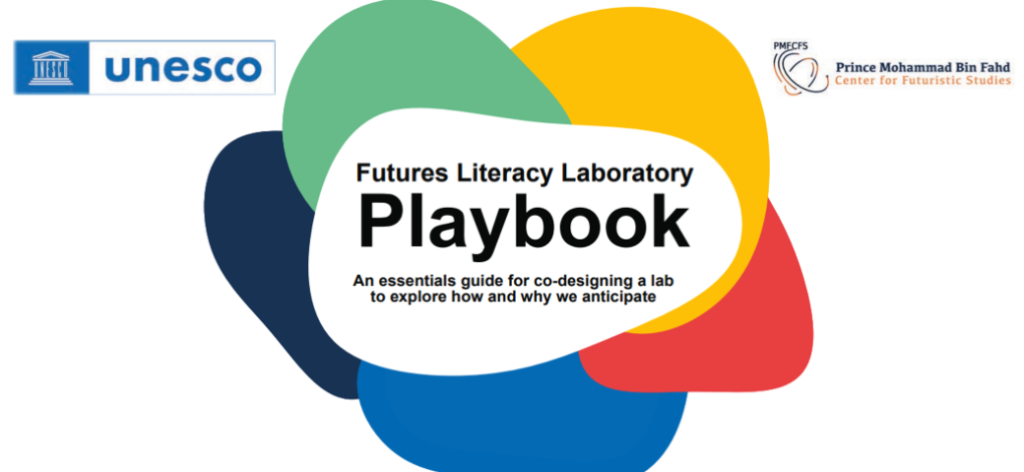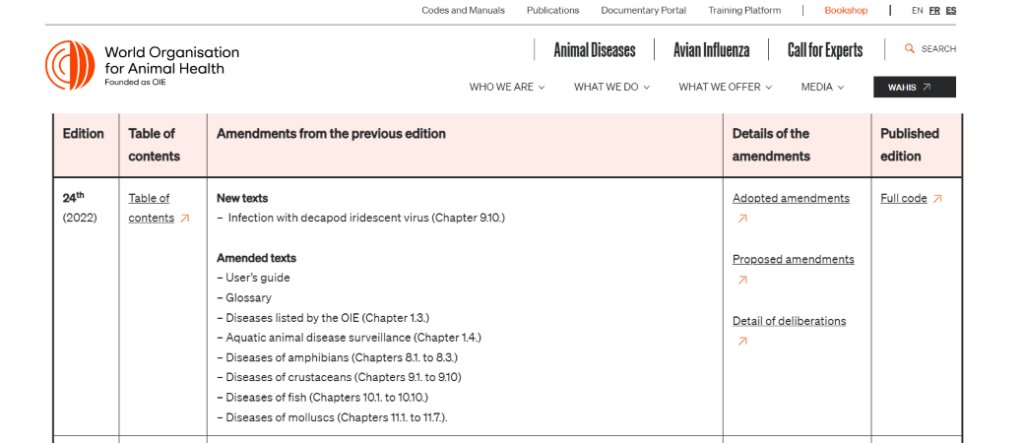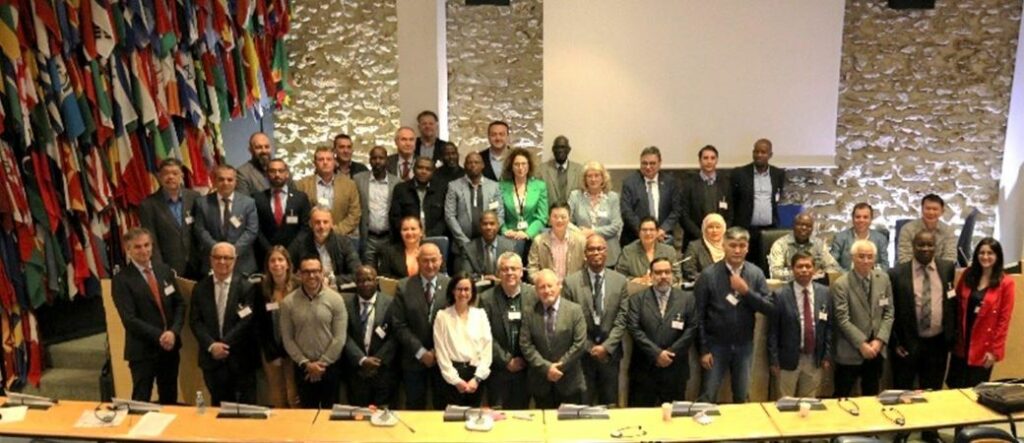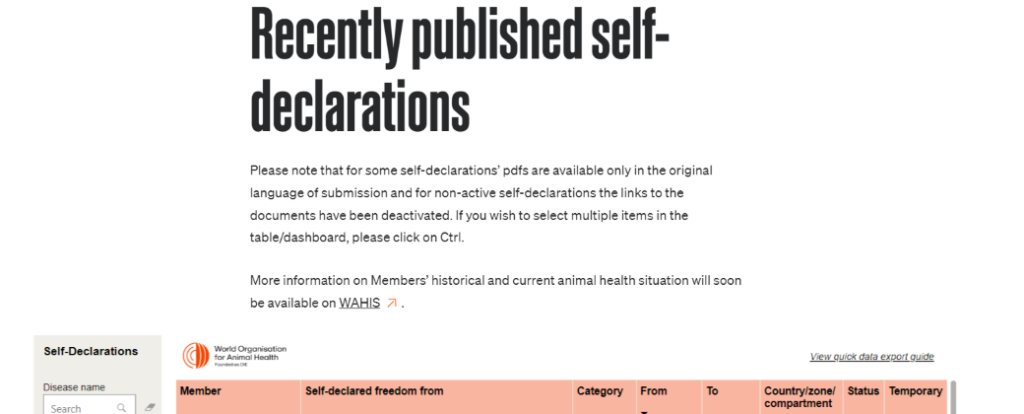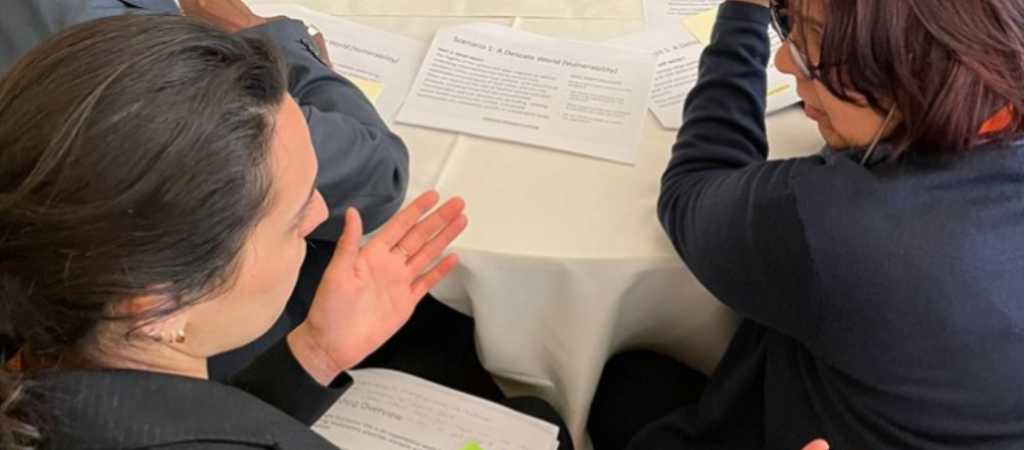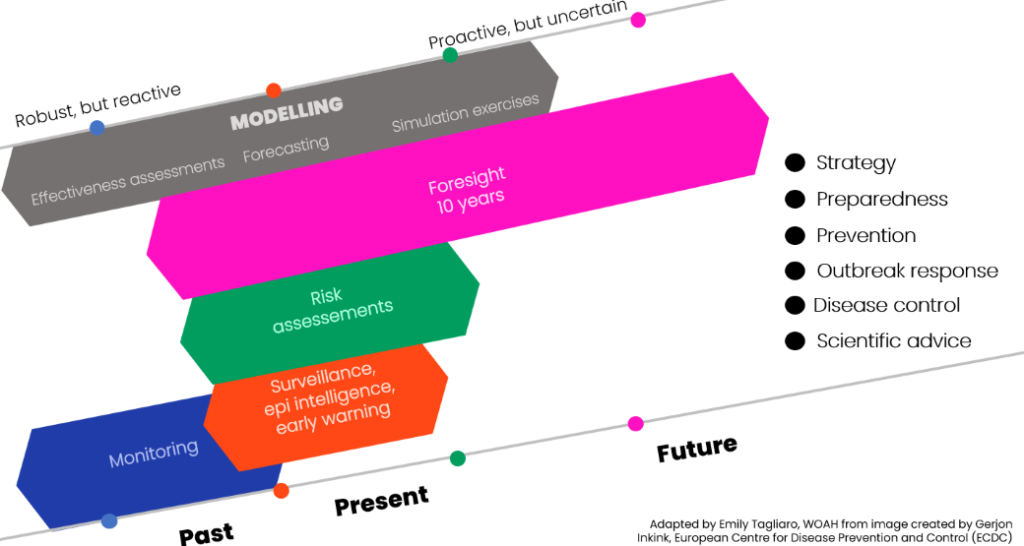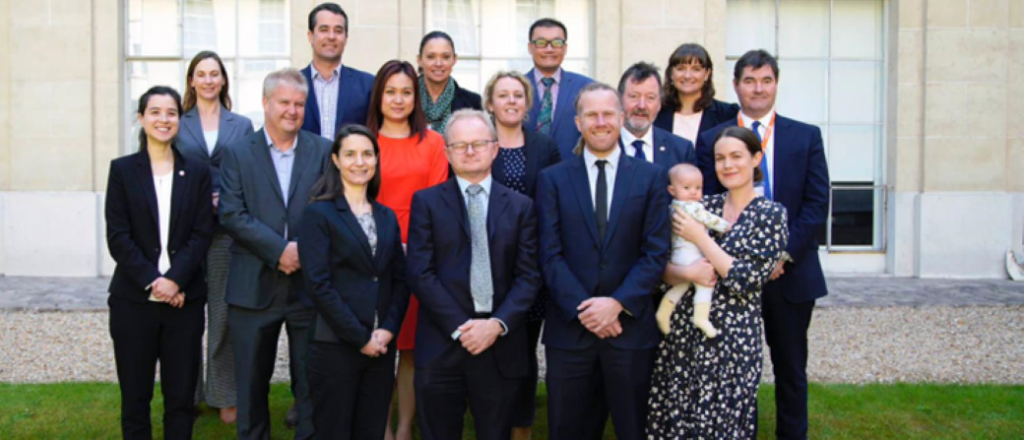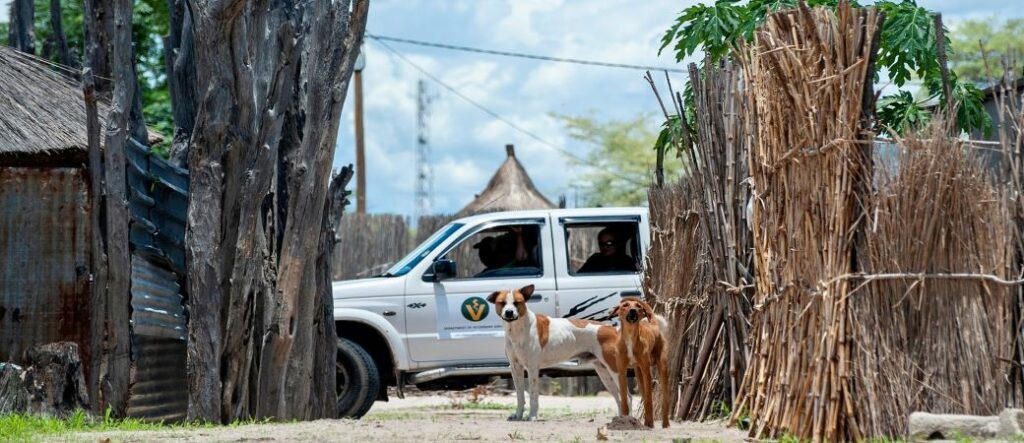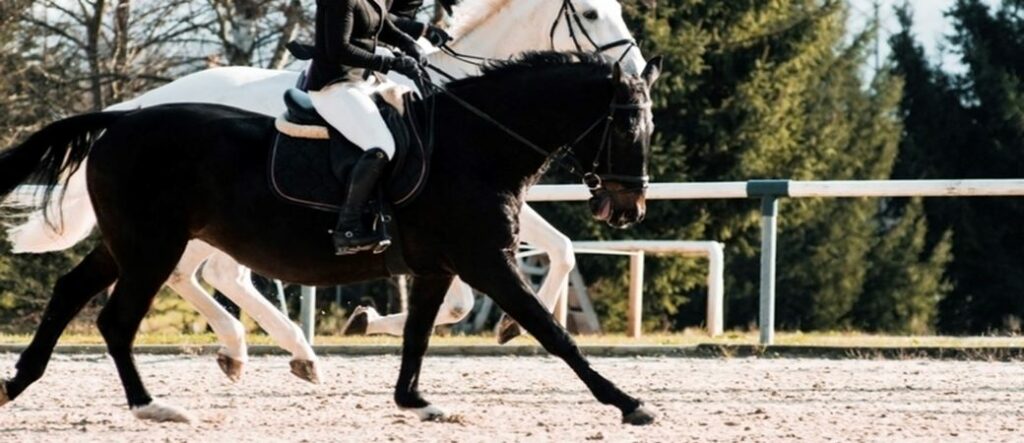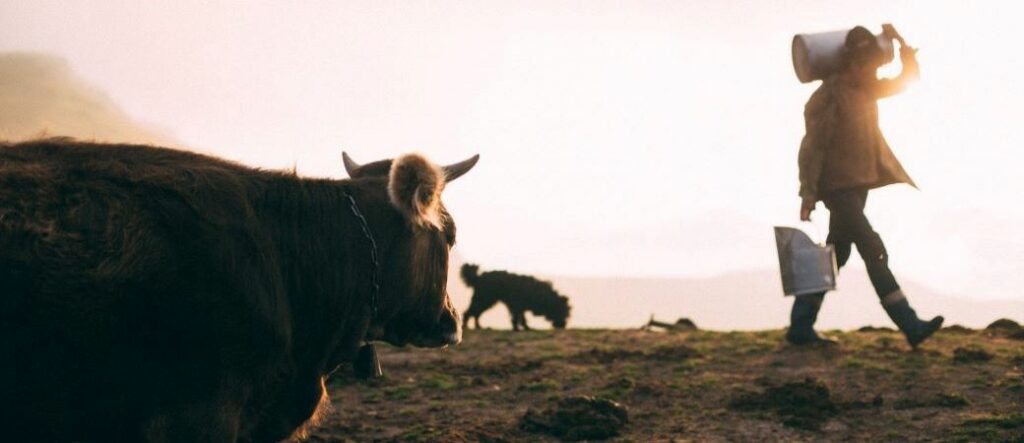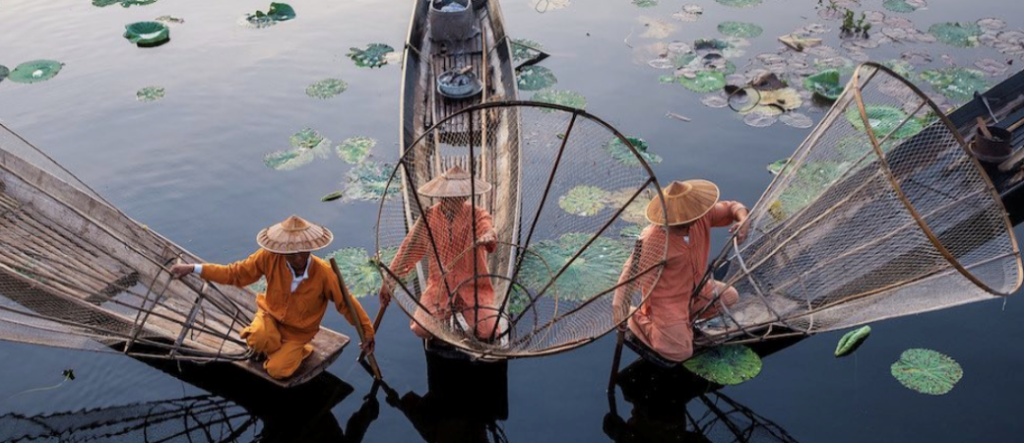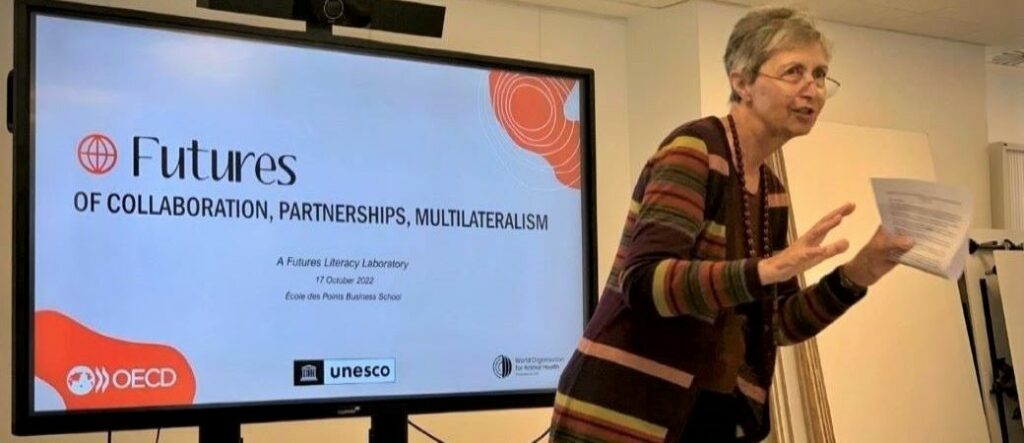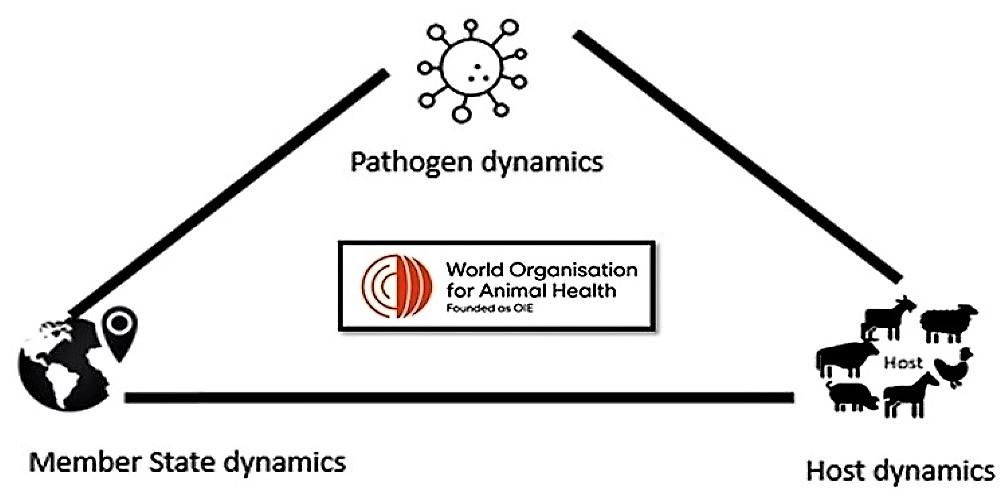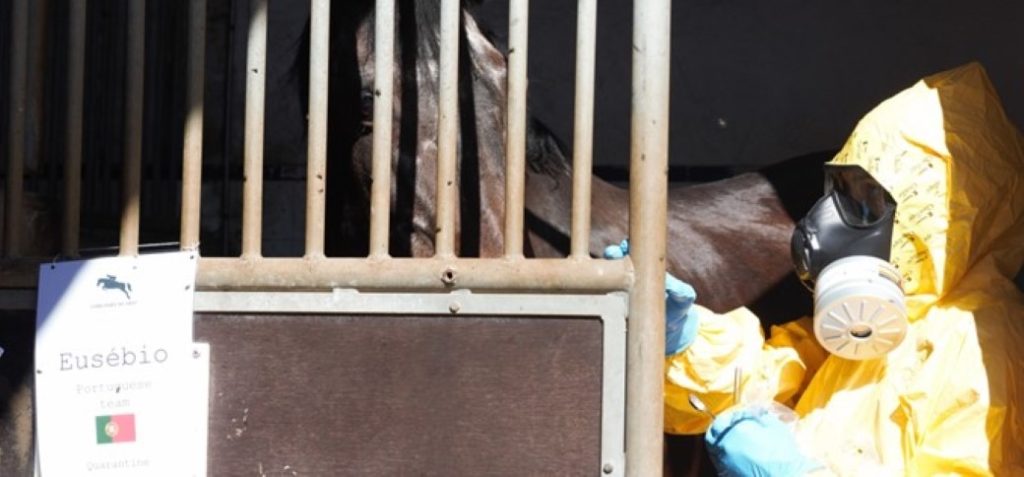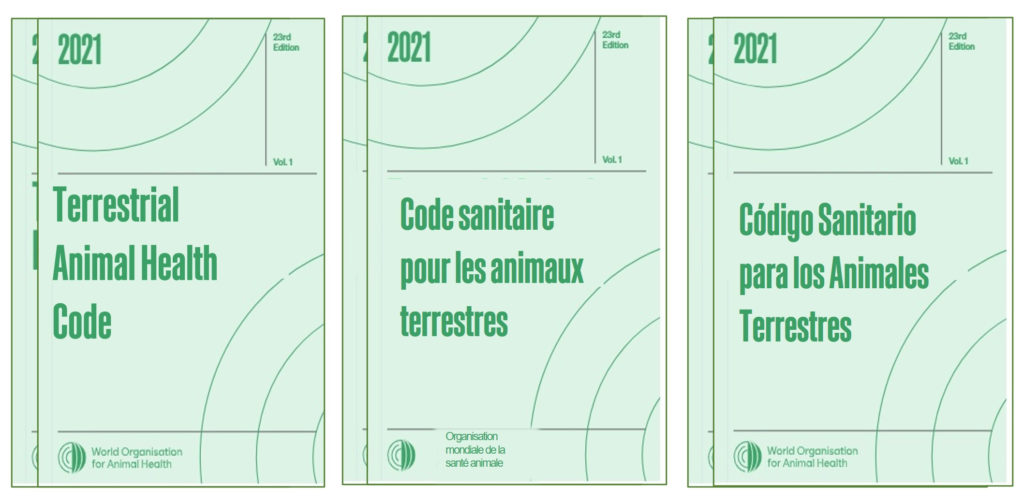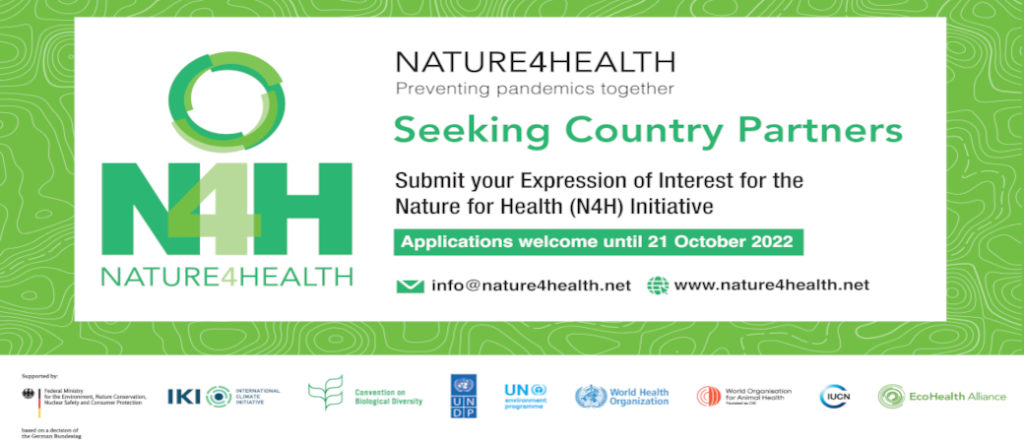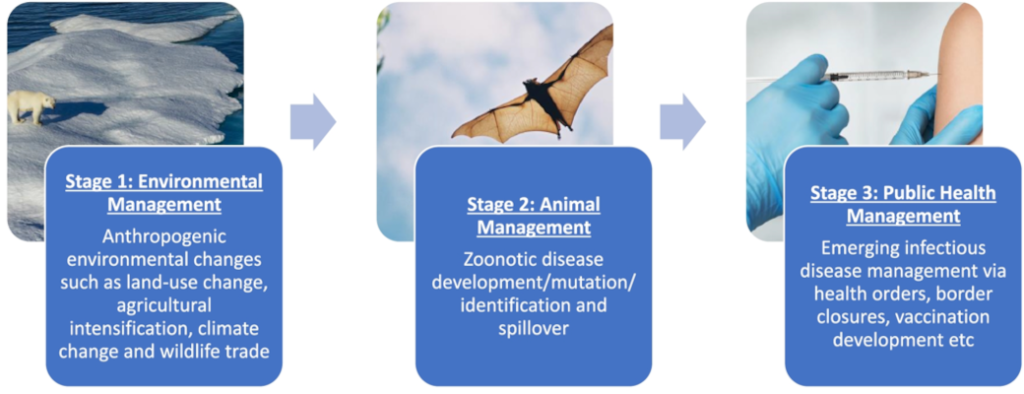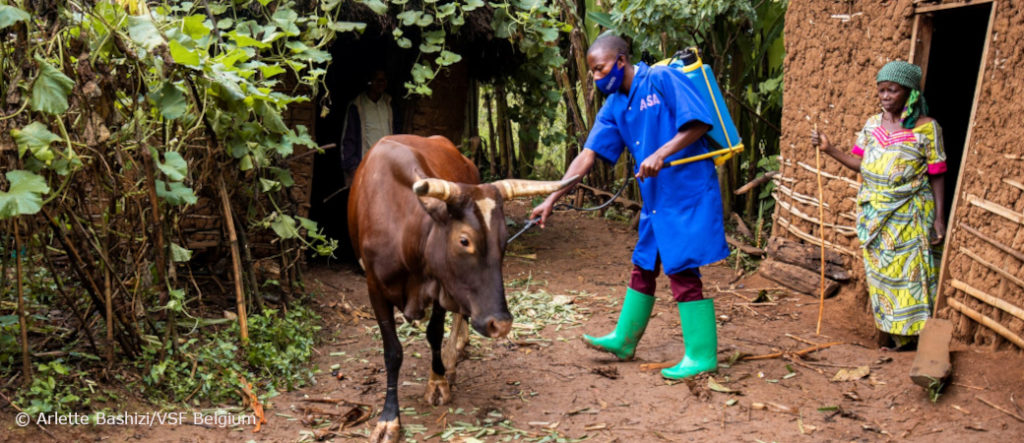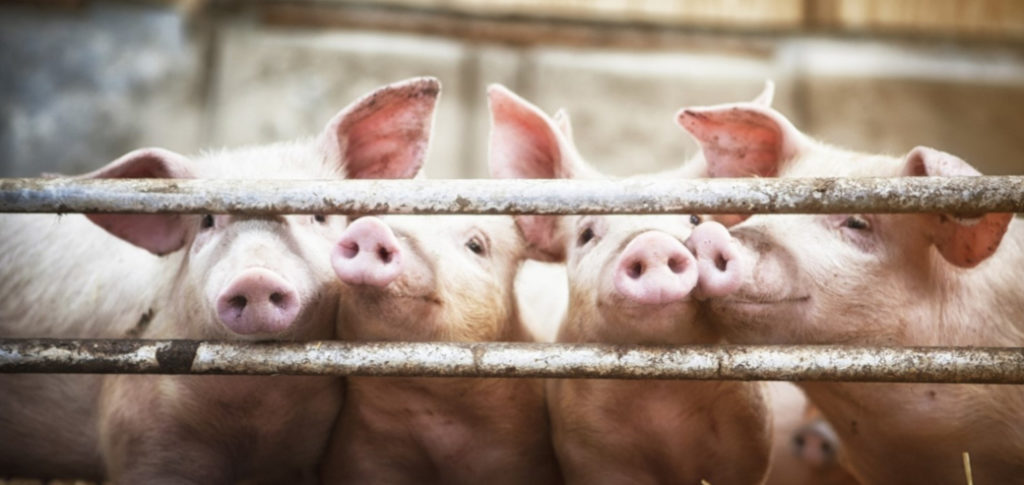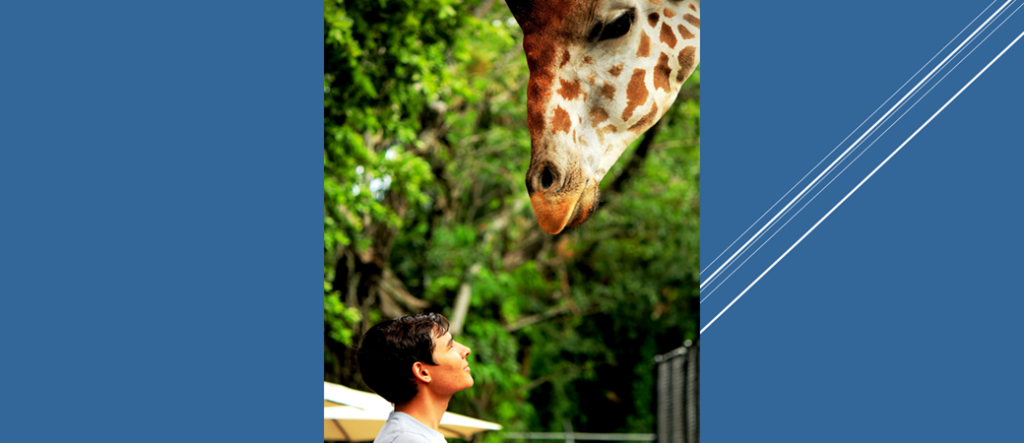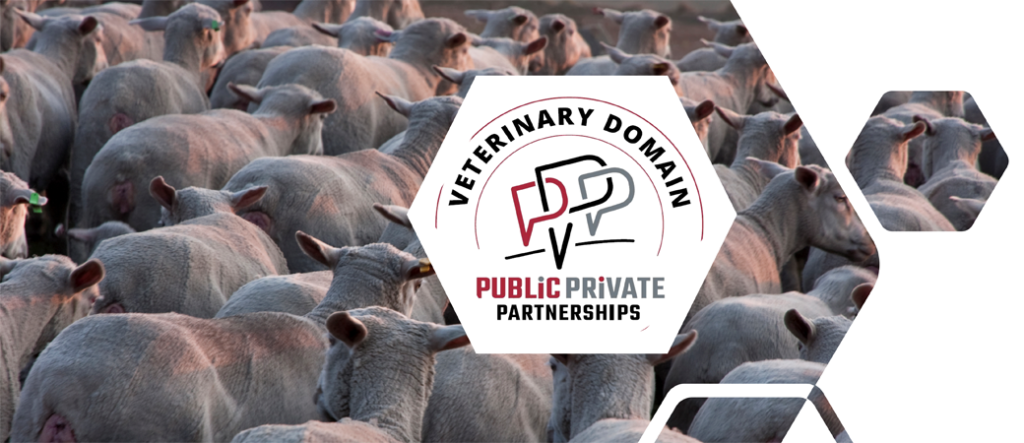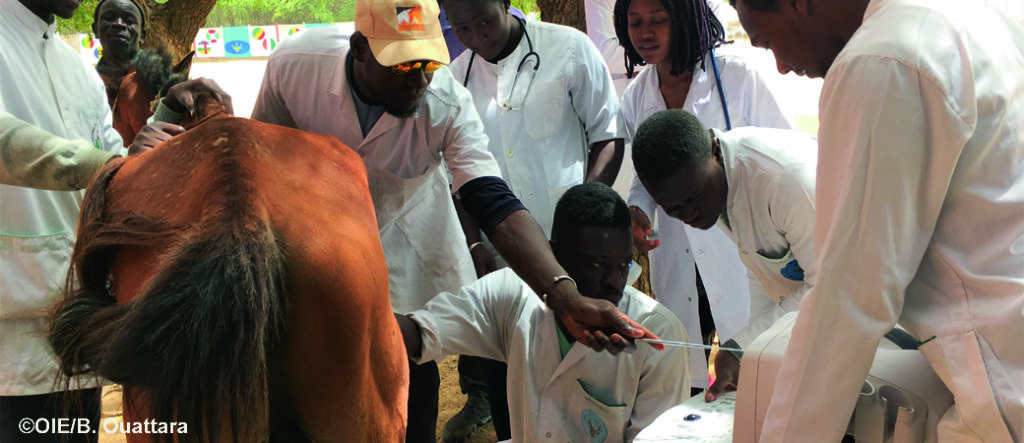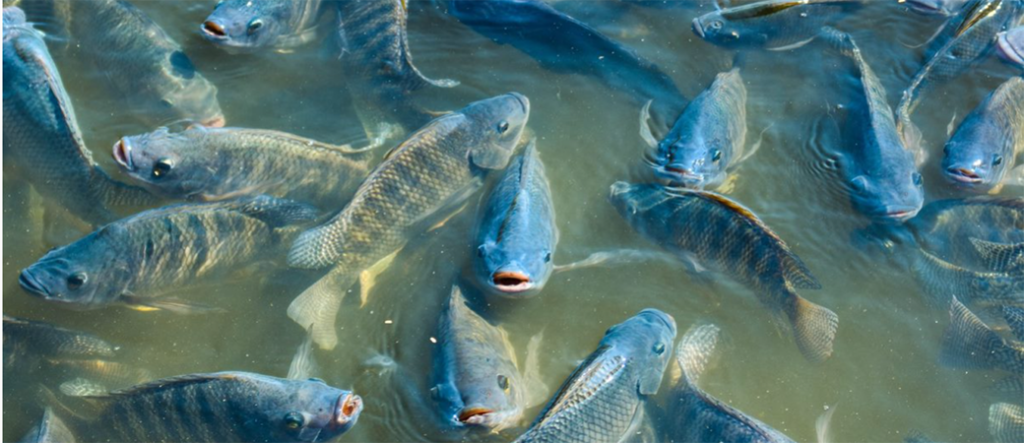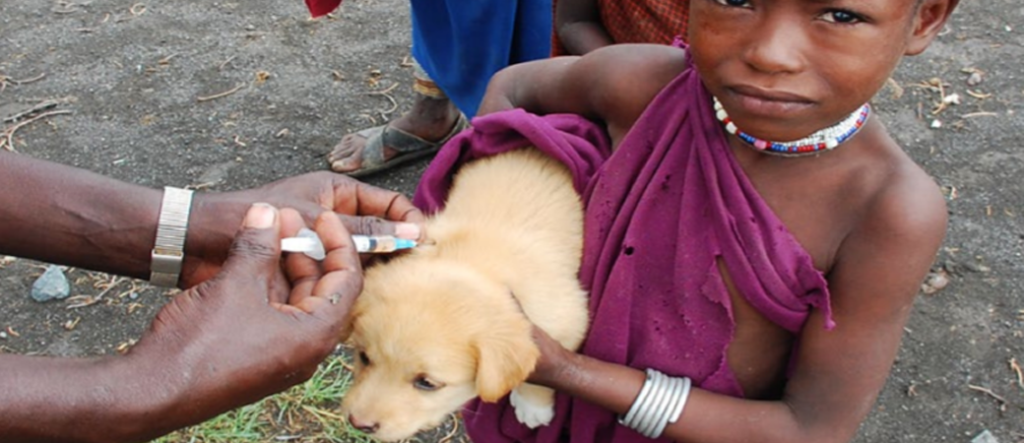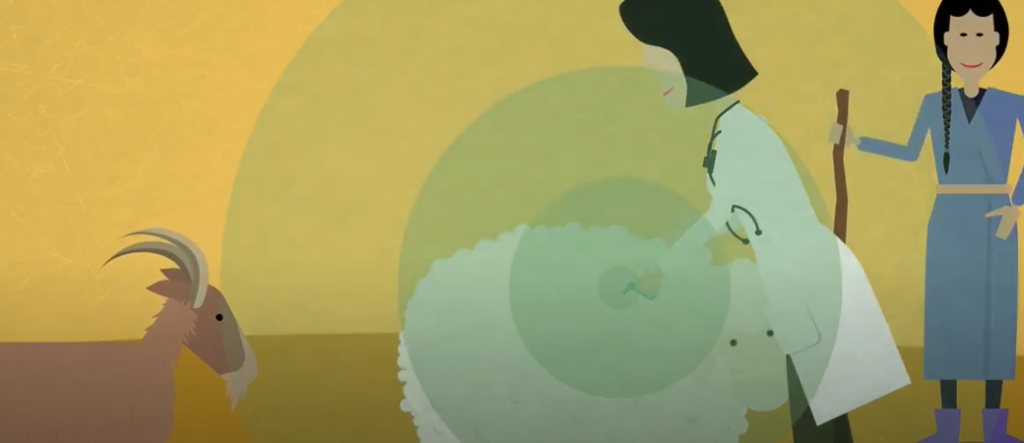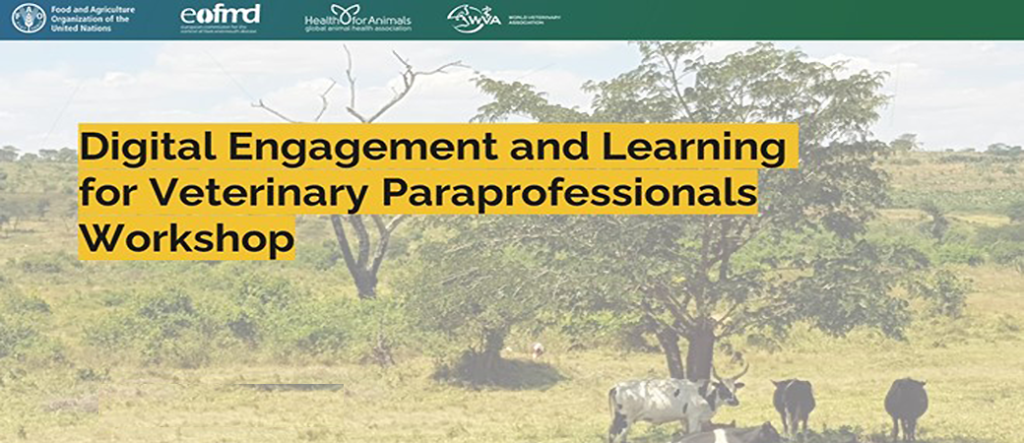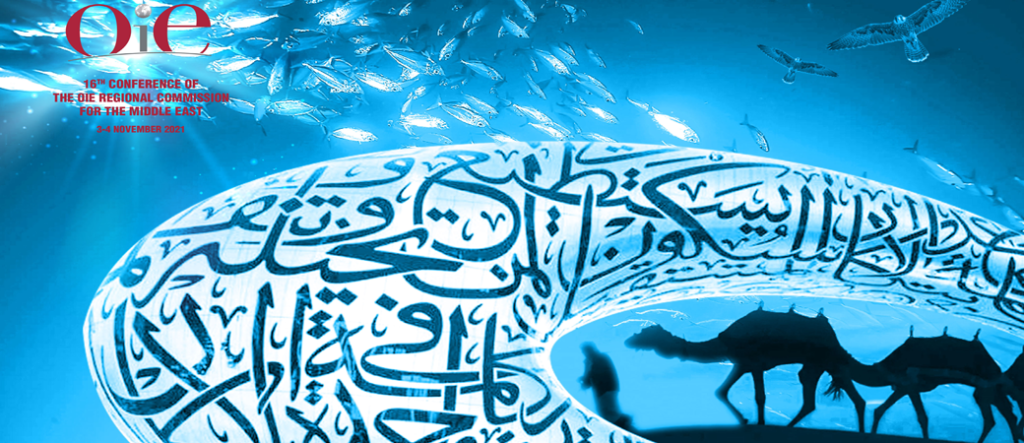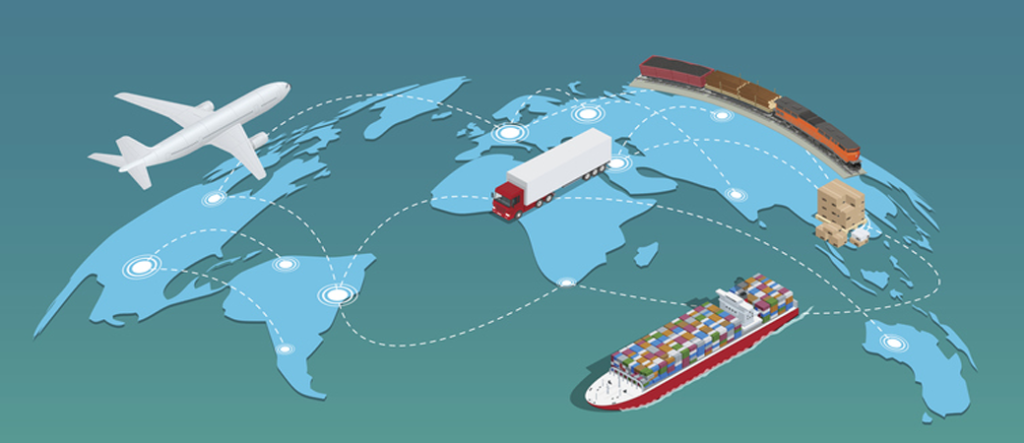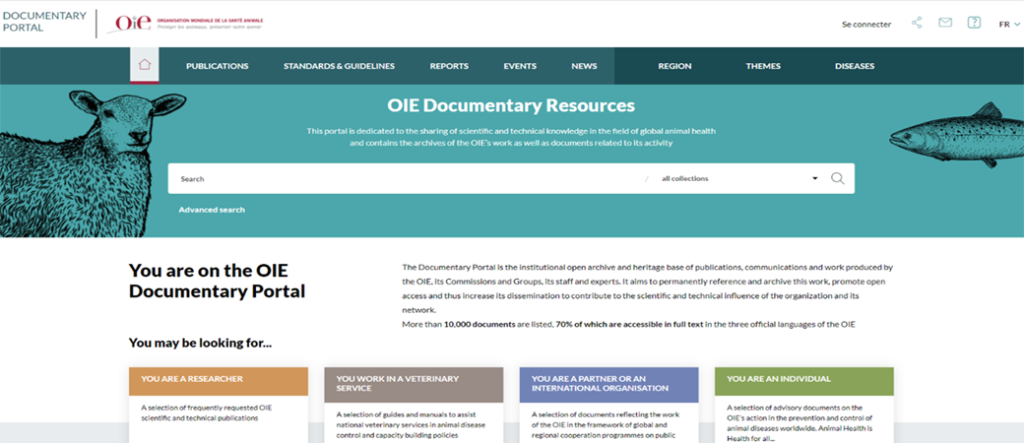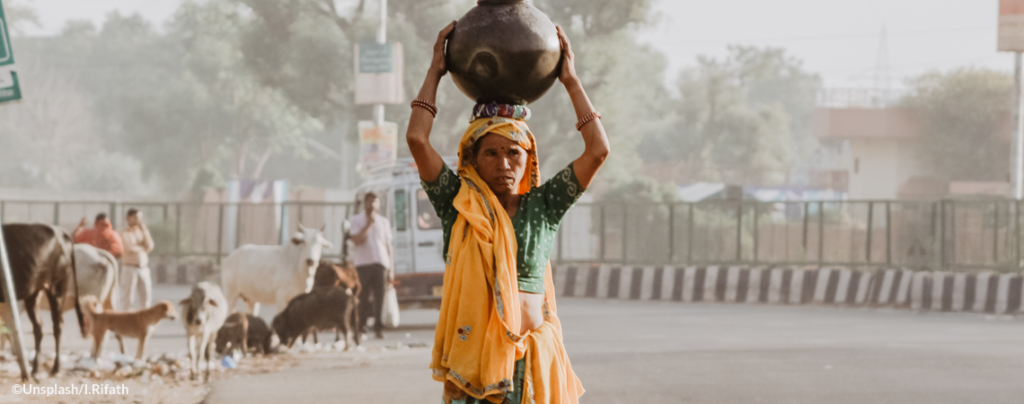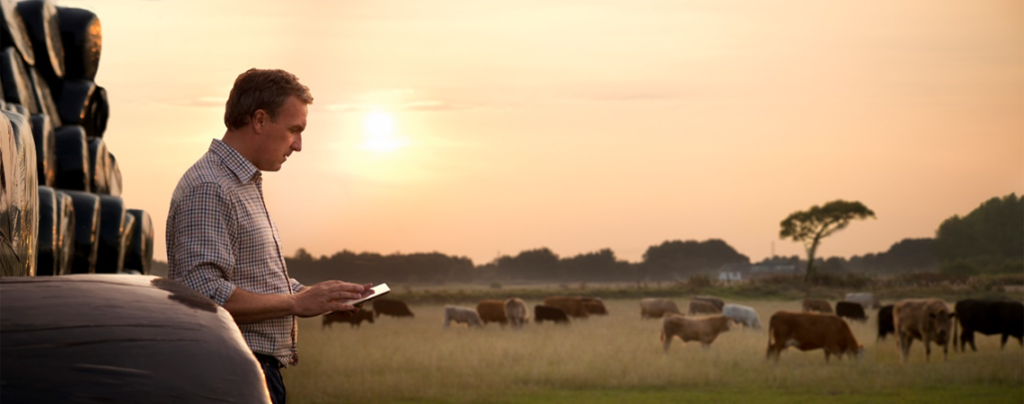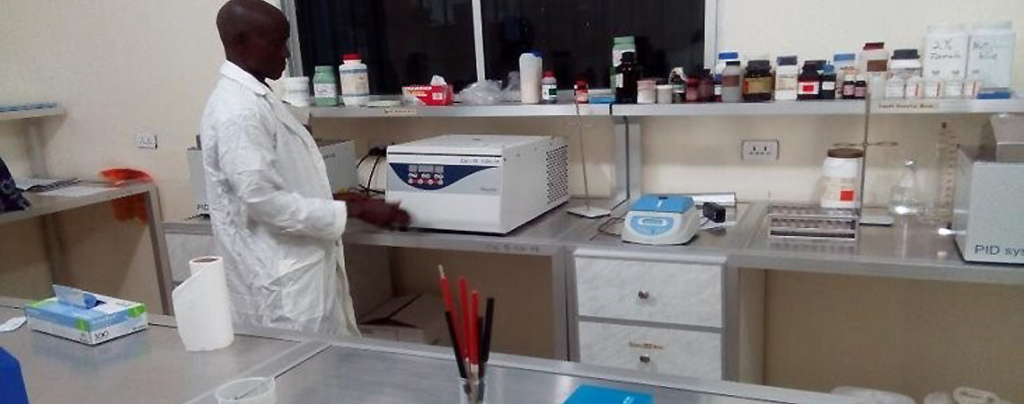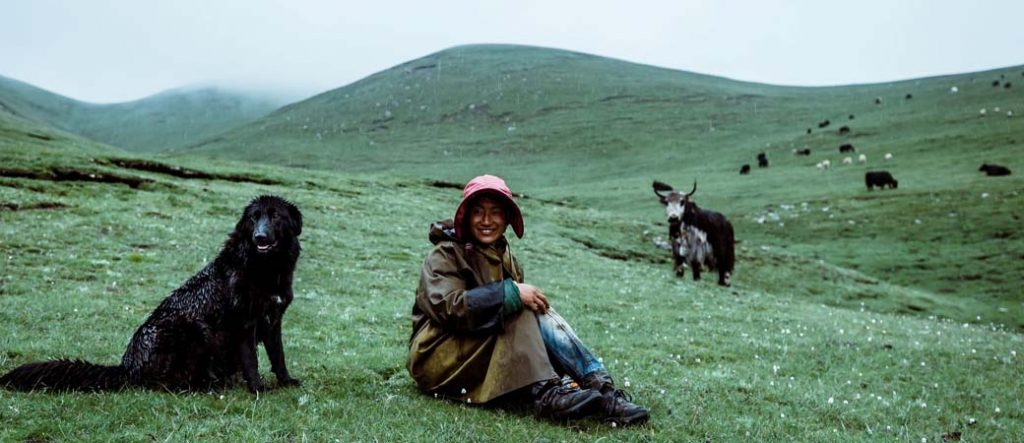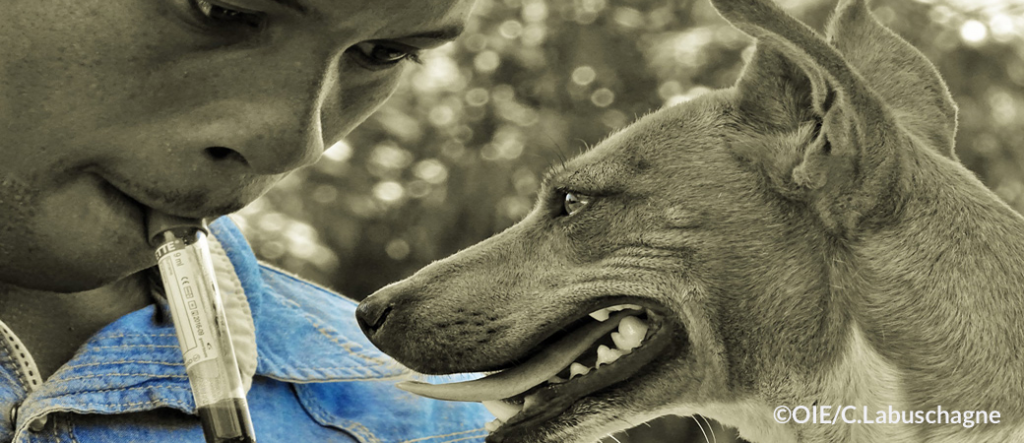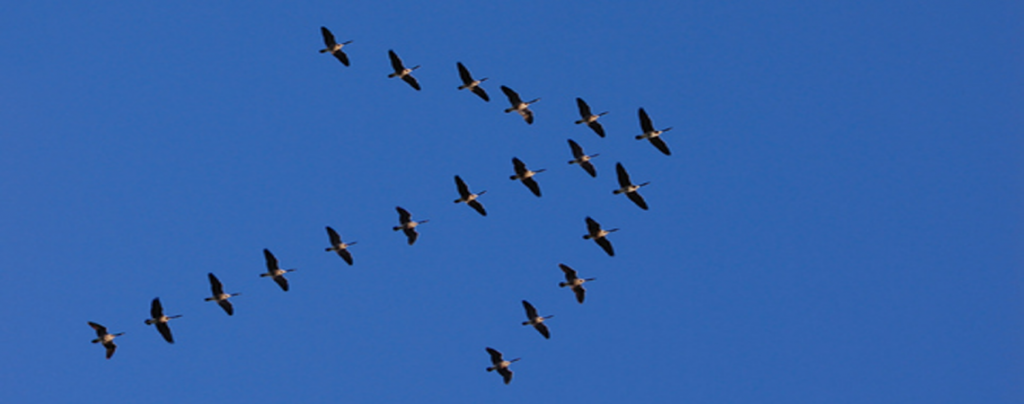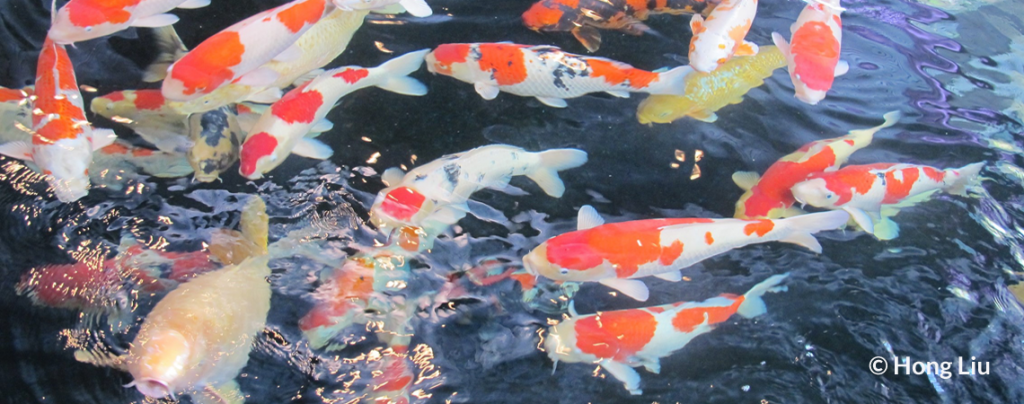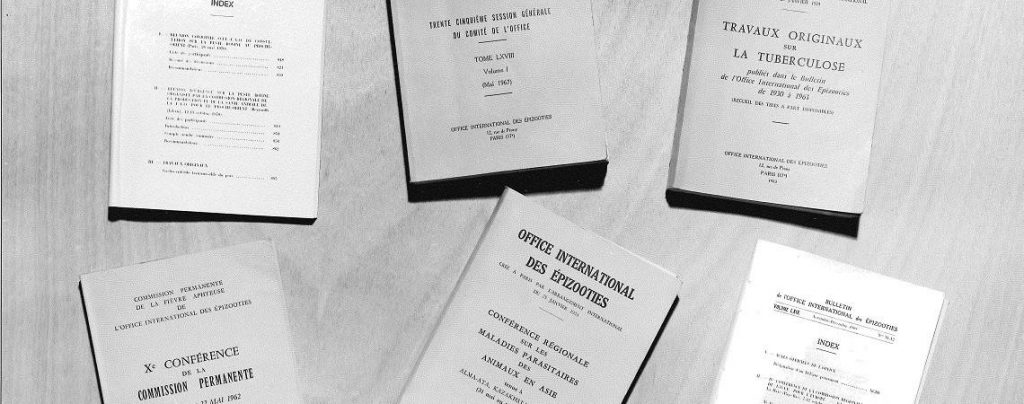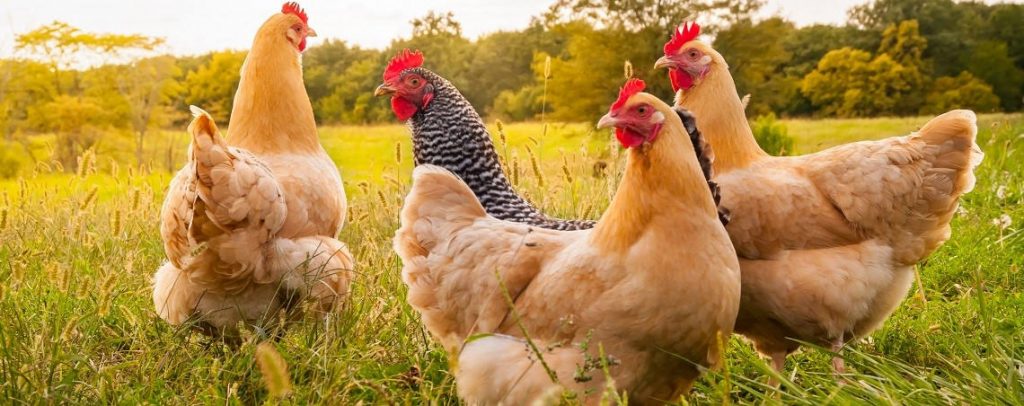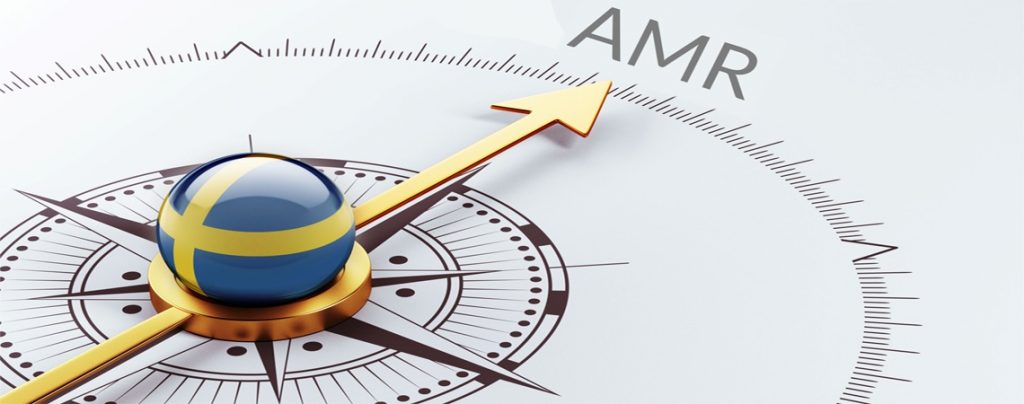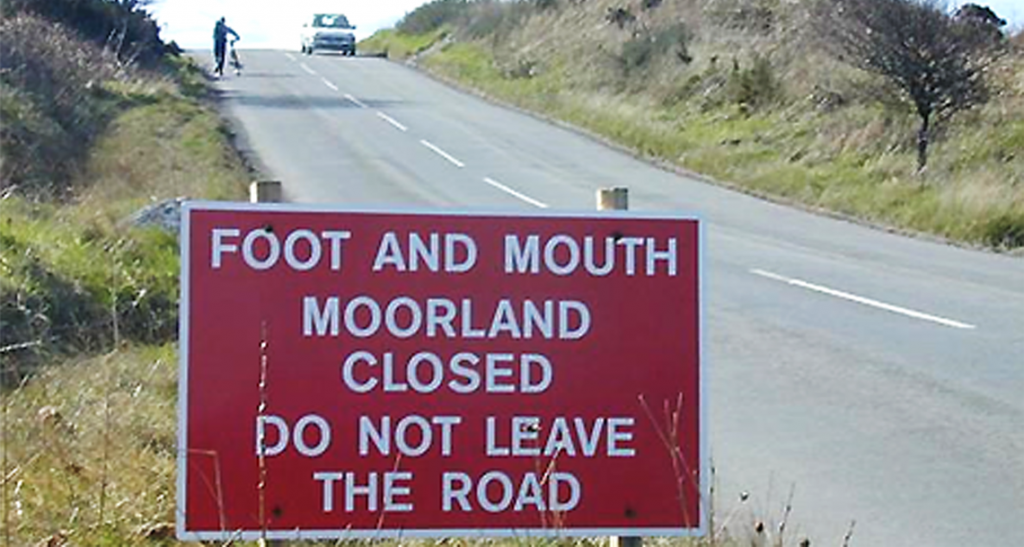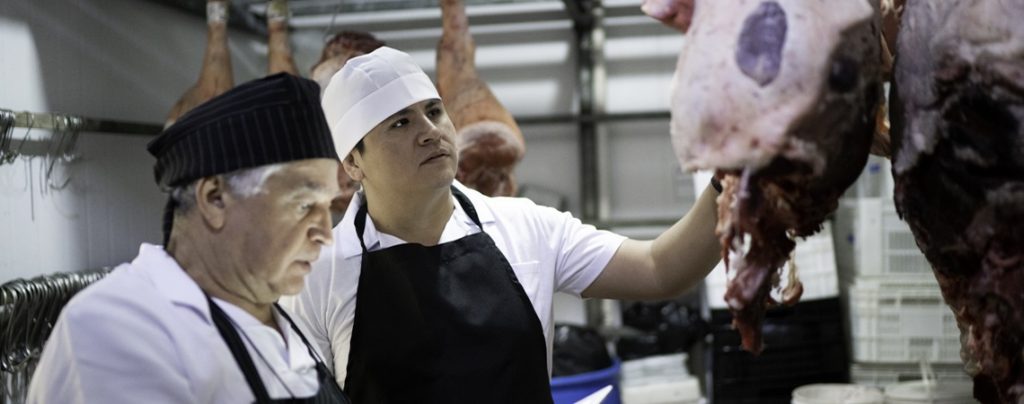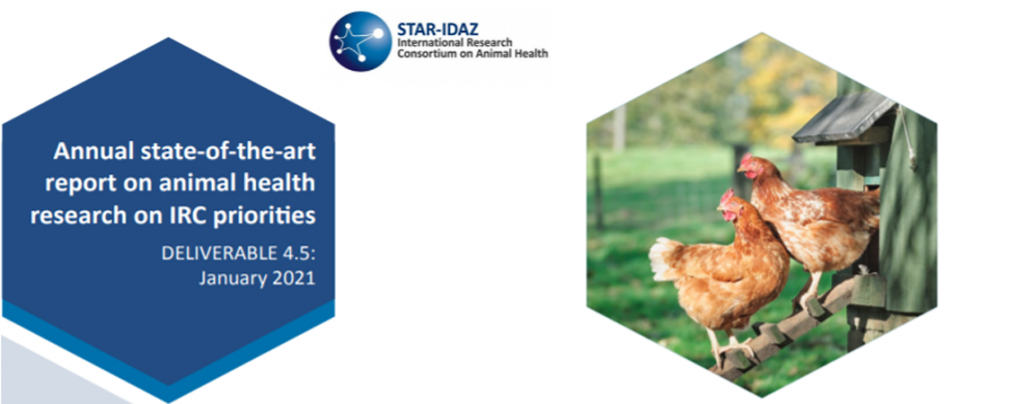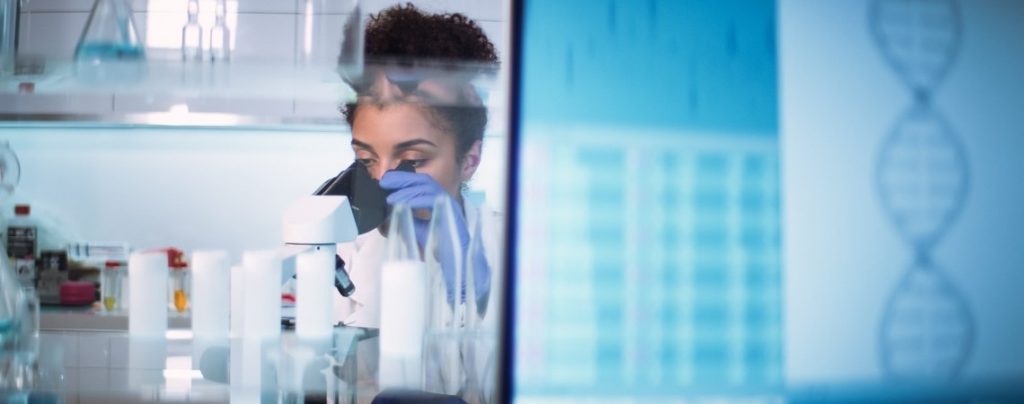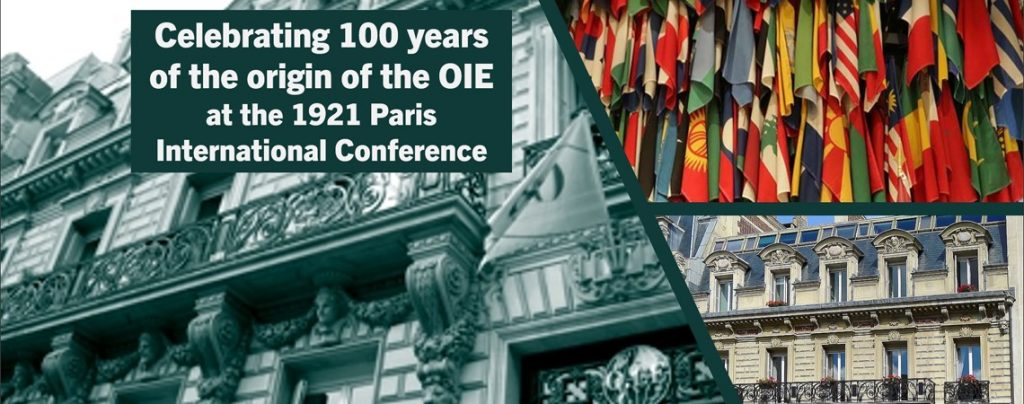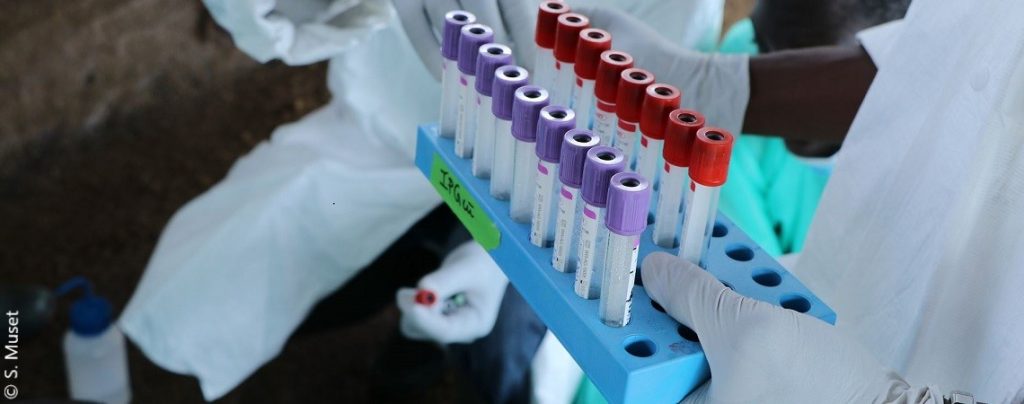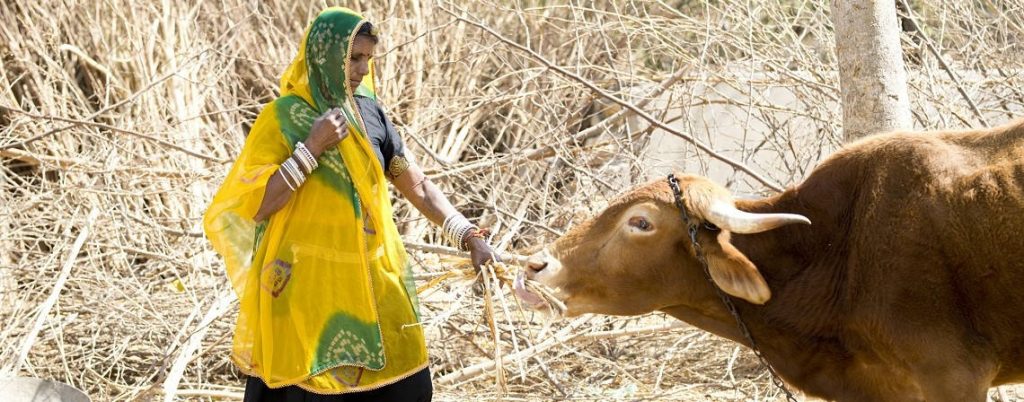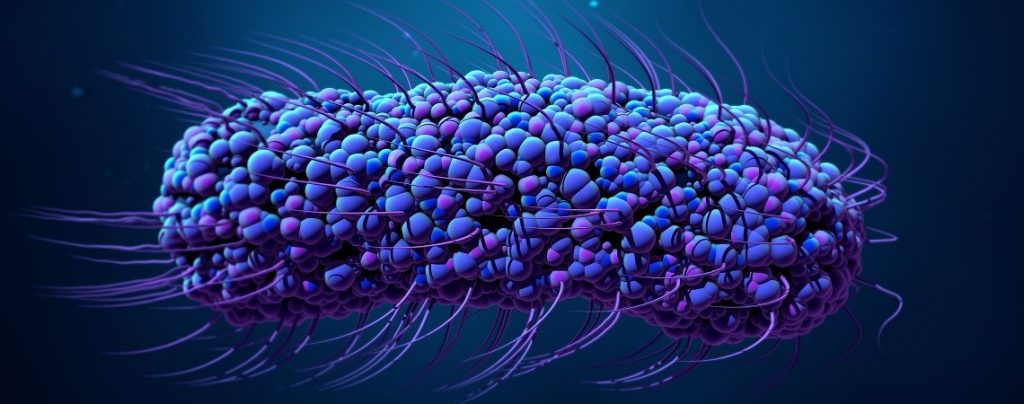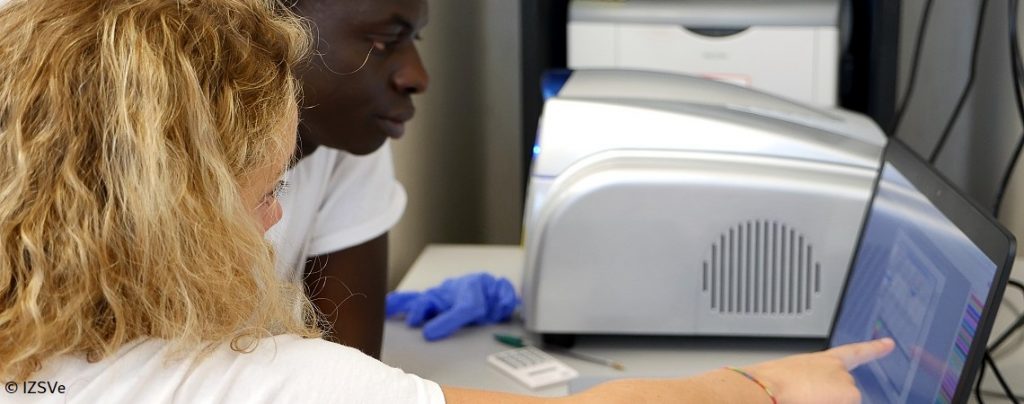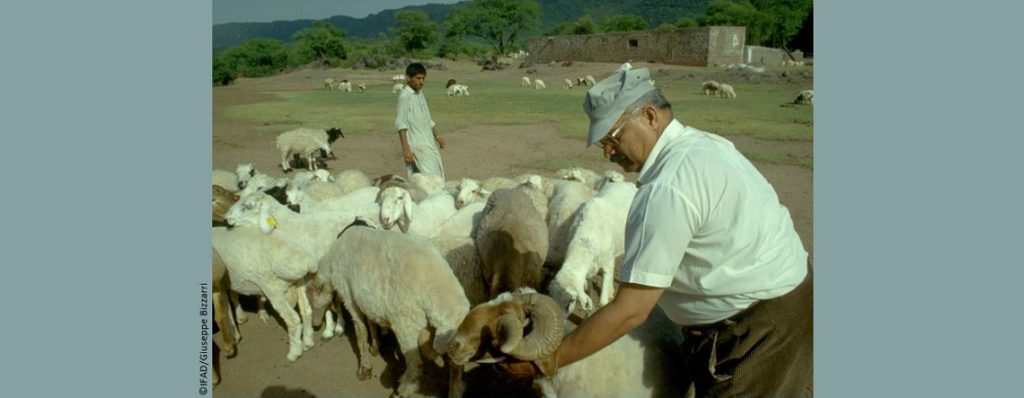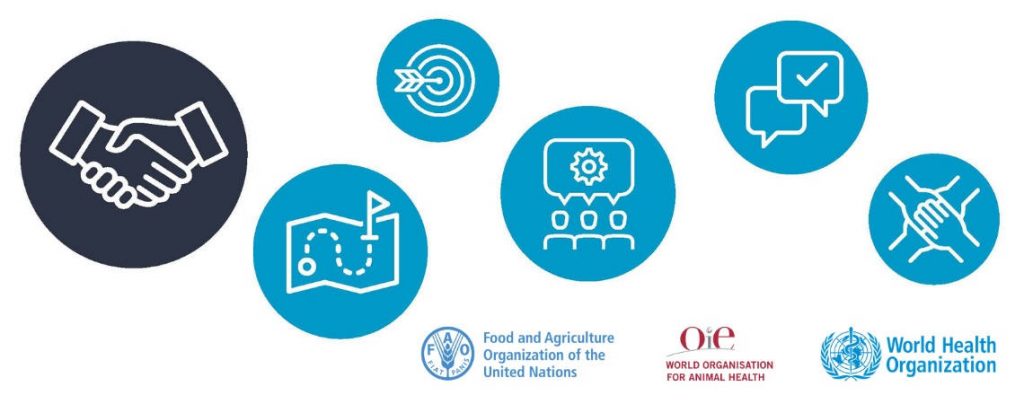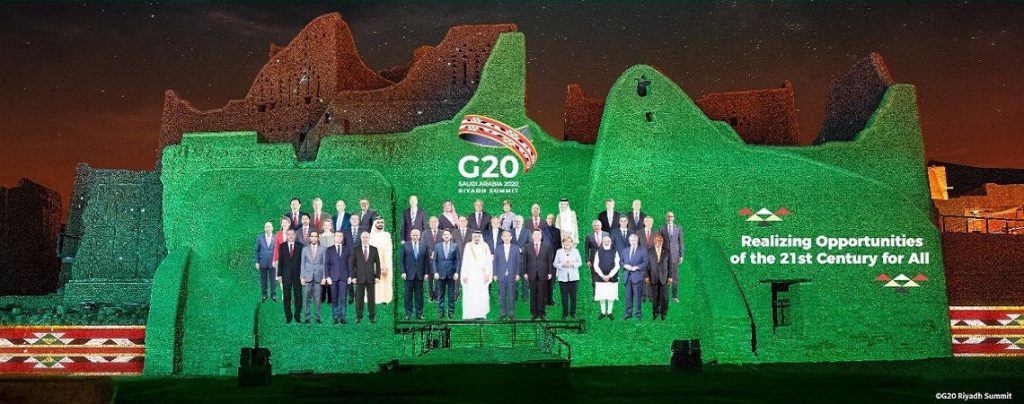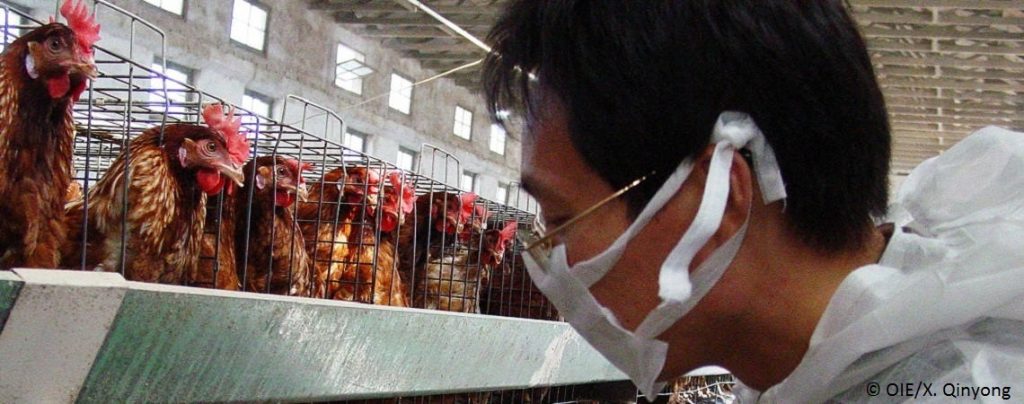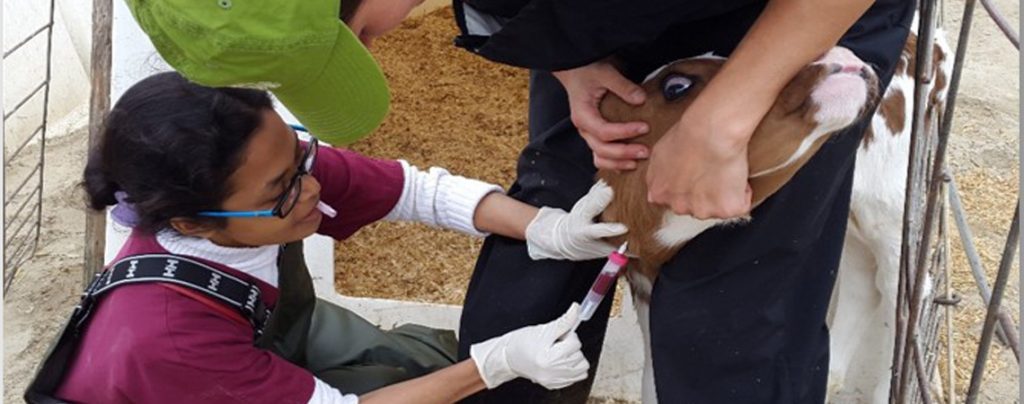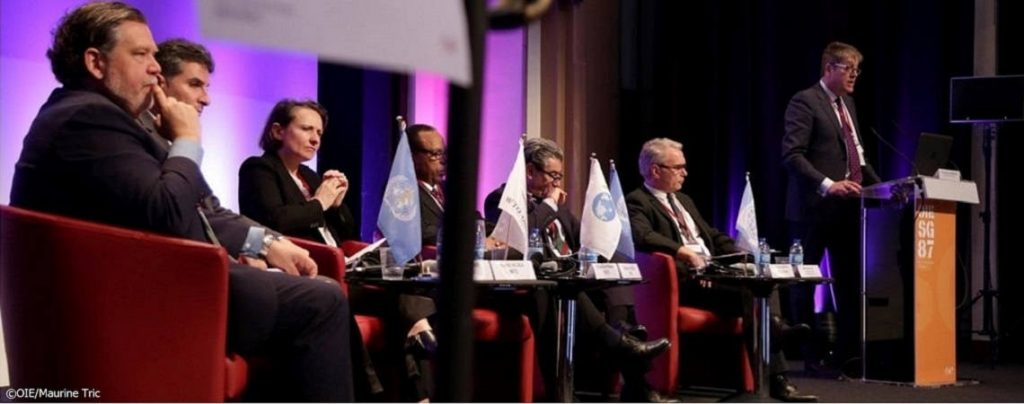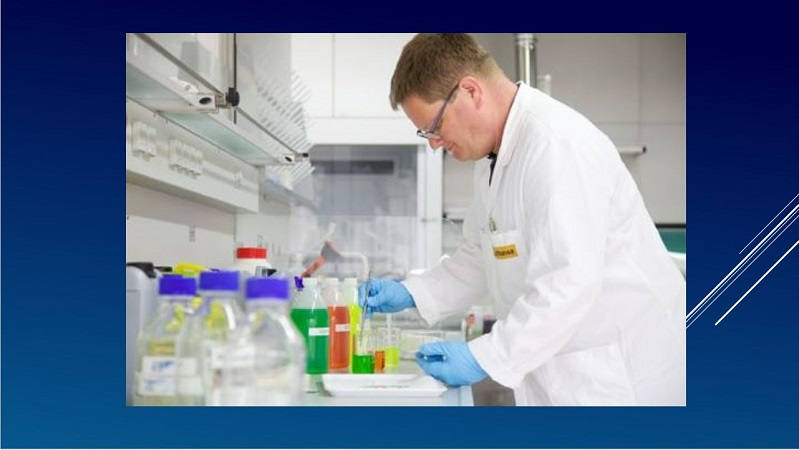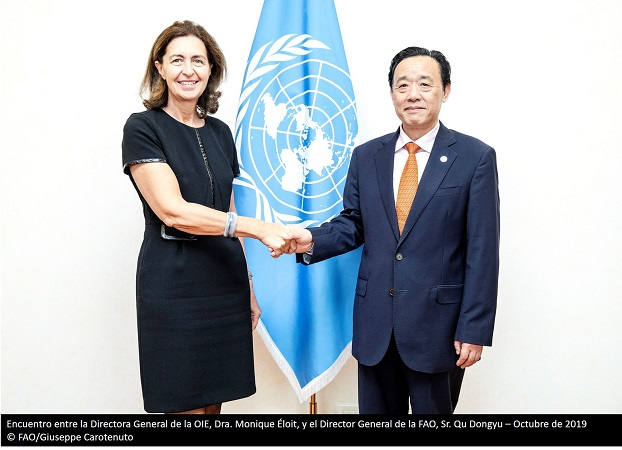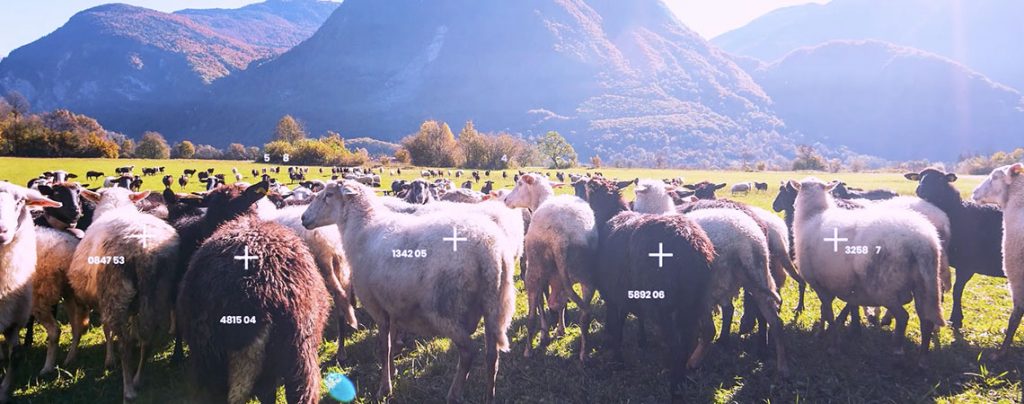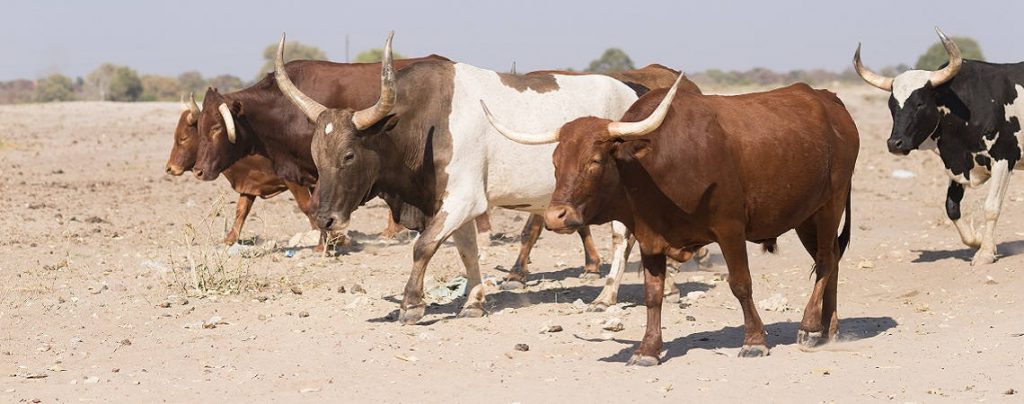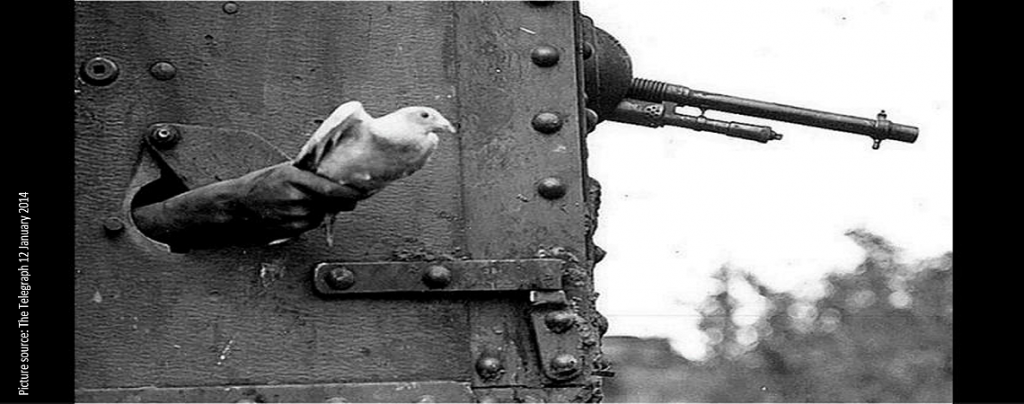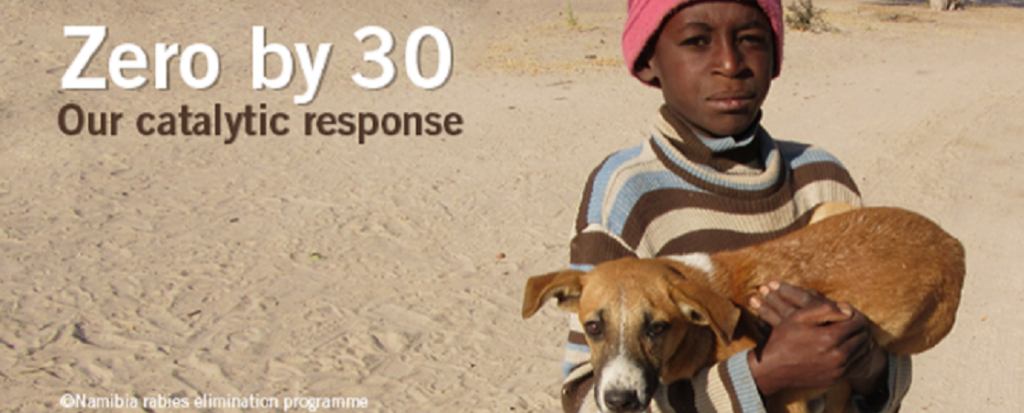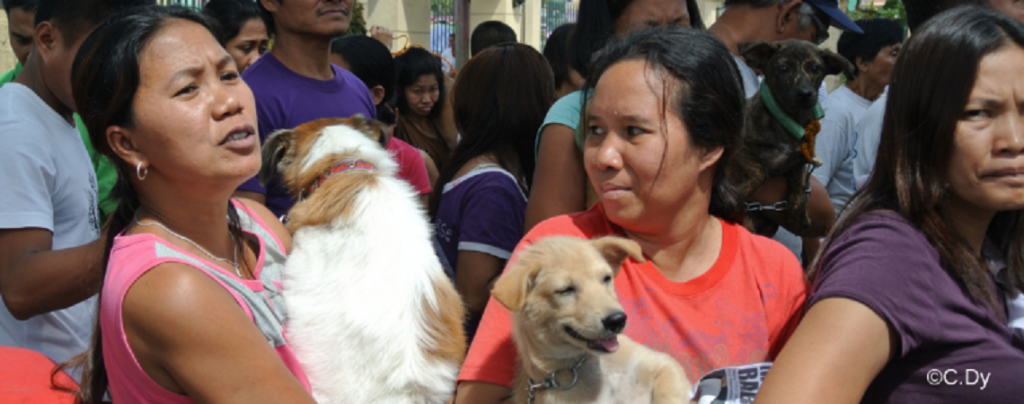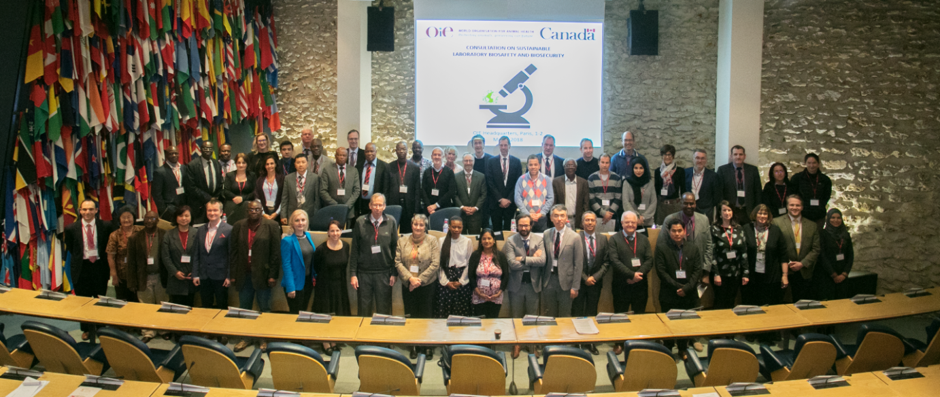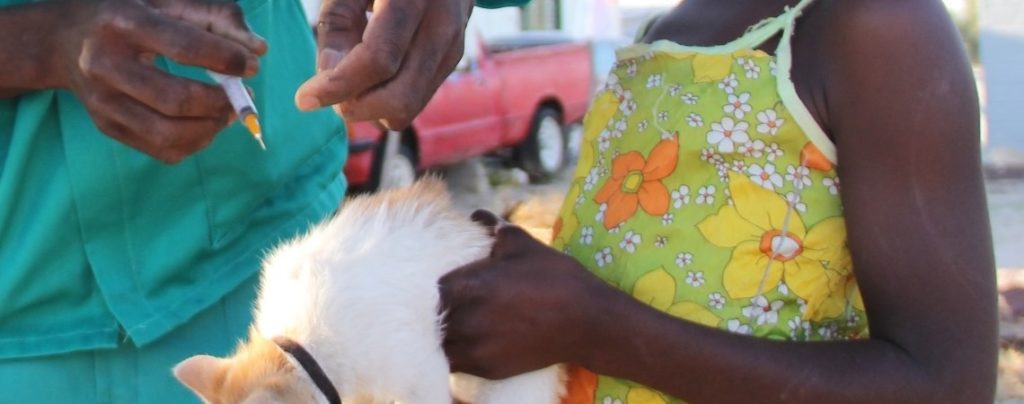INFORMACIÓN CONTINUA Publicado en 2021-06-24 20:20:45
The OIE World Fund: 2020 financial performance
Palabras clave
Created in 2006, the OIE World Animal Health and Welfare Fund (World Fund) is a multi-donor trust fund through which the Organisation collects voluntary contributions from Members and intergovernmental organisations, philanthropic foundations, the private sector and other sources.
These voluntary contributions support the OIE in implementing many critical programmes and delivering against its mandate. The funds received through the World Fund complement the statutory and extraordinary contributions received from Members (OIE Regular Budget) and are essential for accomplishing the Organisation’s Seventh Strategic Plan.
The World Fund’s Management Committee met for the first time virtually on 18 May 2021. Chaired by the then President of the World Assembly of OIE Delegates (Dr Mark Schipp), the Committee reviewed the Fund’s financial performance in 2020, recommended adoption of the annual accounts by the World Assembly, and learned about the OIE’s resource mobilisation efforts for the Seventh Strategic Plan.
Key financial performance indicators confirm continued positive and robust growth in the OIE World Fund
Notwithstanding the Covid-2019 pandemic, the Committee learned through the Fund’s key financial performance indicators that 2020 was a positive year of performance.
In 2020, the World Fund reported its 2nd best year in terms of income since its creation. A total of €21,64M was received in 2020, corresponding to an 11% increase in the amount received in 2019.

The World Fund maintains a dynamic portfolio of relationships with resource partners for voluntary contributions, built upon trust and confidence. By applying principles of transparency and delivering against commitments, the World Fund has been able to secure new investments further to the conclusion of a grant with existing and new partners. The year-end number and value of active grants represent of investor satisfaction in the OIE to deliver results based on its programmes and provides the OIE with the needed stable funding environment to maintain critical staff and implement programmes.

OIE Members are the primary source of income, with government public sector agencies remaining the bedrock contributor to the World Fund (total income received per annum, over the past five years, an average of 68% derives from Members). The high percentage of investment from OIE Members reaffirms their confidence in the OIE and its capacity to deliver results based on its programmes.

The OIE is also diversifying its financing mechanisms as part of its resource mobilisation strategy. A primary example is the Multi-Partner Trust Fund on Antimicrobial resistance (AMR-MPTF), developed in partnership with the World Health Organization (WHO) and the Food and Agriculture Organization of the United Nations (FAO) and administered by the United Nations Development Programme Multi-Partner Trust Fund Office. The World Fund will manage all grants awarded to the OIE through this mechanism. This new financing mechanism will provide the OIE with an opportunity to diversify its funding portfolio and synergistically finance Tripartite activities on AMR at global and national level.
Covid-19 and its associated travel restrictions marked 2020 for the OIE as for everyone else. Aiming to ensure business continuity, staff rethought and redesigned their working modalities and approaches, taking advantage of new technologies and adapting methodologies using virtual tools where possible. Although the pandemic affected the total amount of OIE expenses (decreased from previous years) and the types of expenses sustained, it did not hamper the Organisation’s ability to deliver its Sixth Strategic Plan.

Voluntary financial contributions fully aligned with OIE Strategic Plans and Mandate
2020 showed continued investment in priorities defined in the OIE’s Sixth Strategic Plan and maintained in the new Seventh Strategic Plan. The below graph demonstrates that investments signed in 2020 were largely directed towards veterinary capacity development (31%). This was followed by important grants in digital transformation (36%) and sustained investments in programmes that contribute to the control of priority animal diseases and One Health actions.
Comparatively, topics such as animal welfare and aquatic animals received lower financial commitments, although both issues are important to the OIE’s work and mandate. The OIE will pursue new opportunities to mobilise resources on all these topics in the coming years.

Looking forward
The Covid-19 pandemic has further underlined the risks represented by zoonoses and the fundamental role performed by Veterinary Services around the world. Lessons learned from the pandemic represent a strong rationale for continued investments in OIE’s programmes and activities in the coming years. The OIE will need to ensure that these investments align with all areas of work of the Organisation, including non-zoonotic diseases.
The successful implementation of the OIE’s Seventh Strategic Plan will require significant investments over the next five years. The current funding envelope provided through the statutory and extraordinary contributions from Members will be insufficient to fund all activities scheduled: enhanced resource mobilisation efforts to garner investment from resource partners through the World Fund will be essential.With the guidance and support of incoming OIE President, Dr Hugo Federico Idoyaga Benítez (OIE Delegate for Paraguay) and Chair of the World Fund Advisory Committee, Dr Hans Wyss (OIE Delegate for Switzerland), the OIE will actively engage in dialogue with resource partners to harness the financial support necessary to implement the Seventh Strategic Plan. We are confident that our resource partners will continue to invest in the OIE over the next five years and beyond. |
Thank you
The OIE would like to thank its Members and resource partners for their continued support to the OIE and its World Fund.




